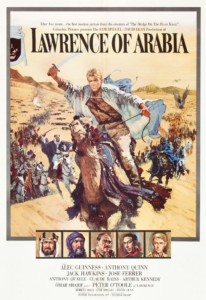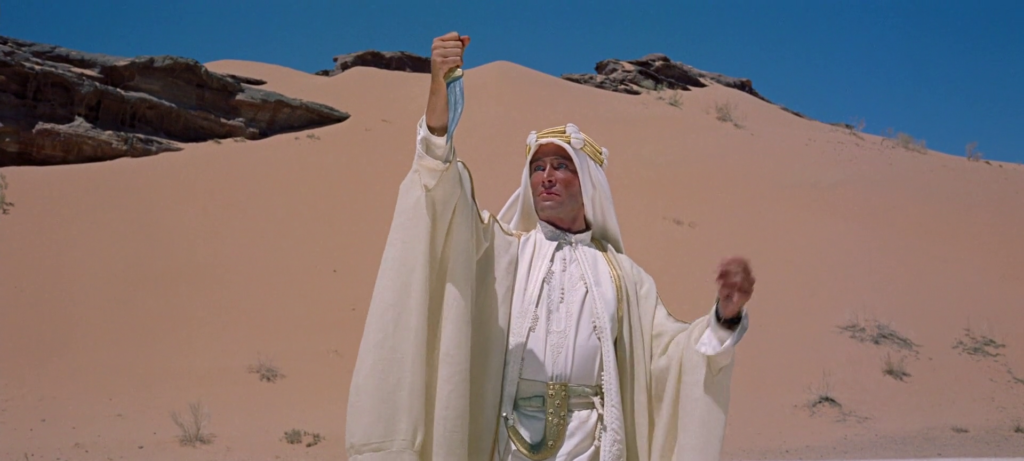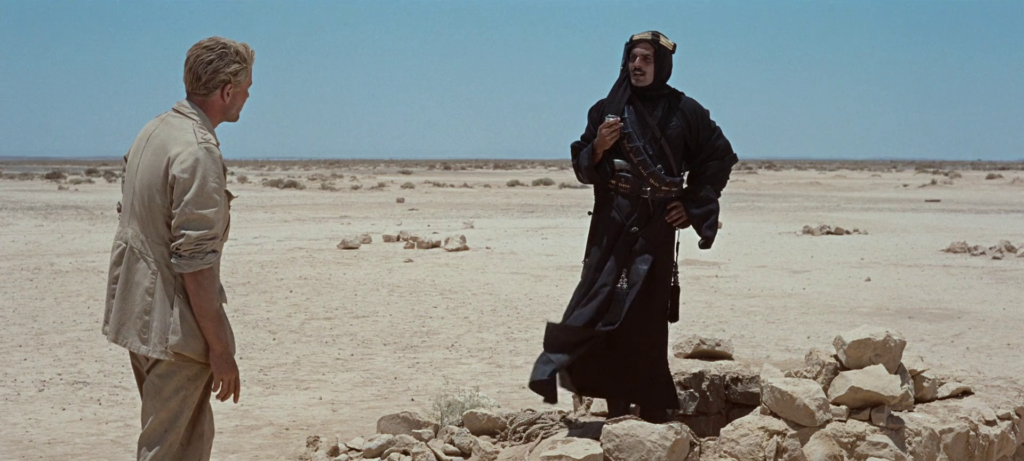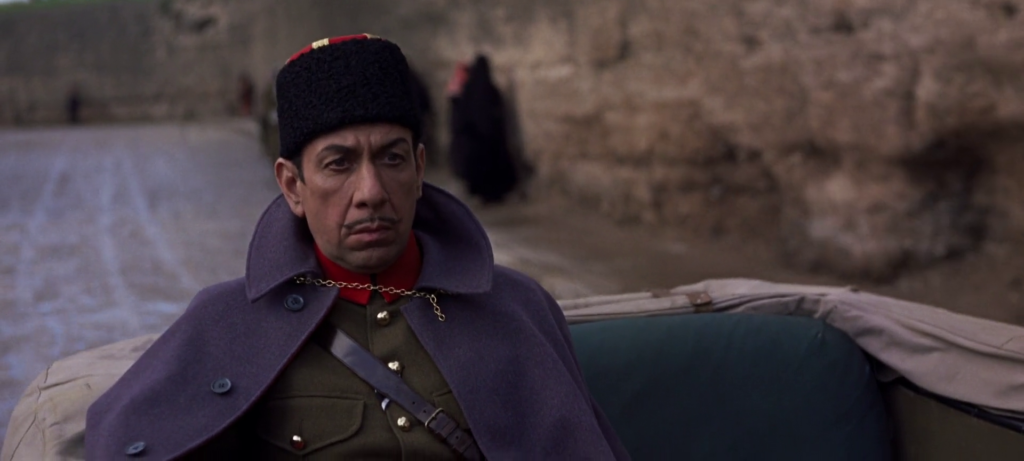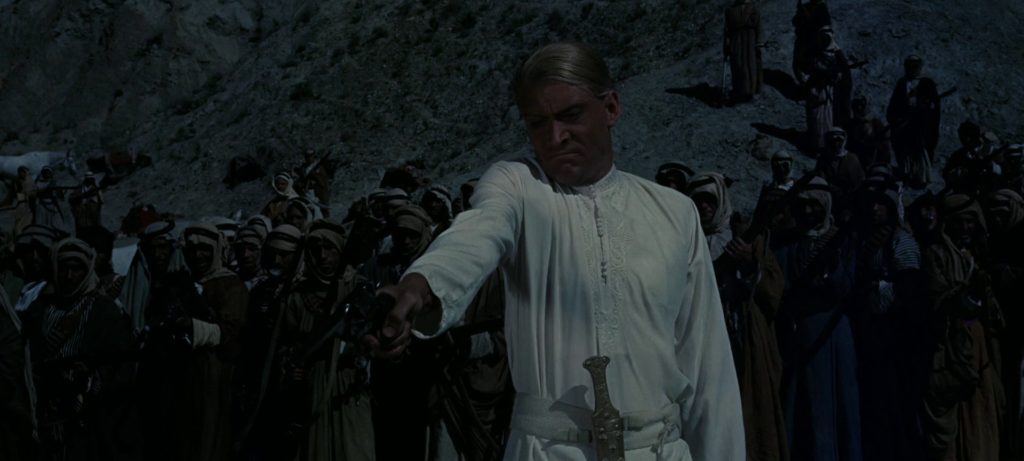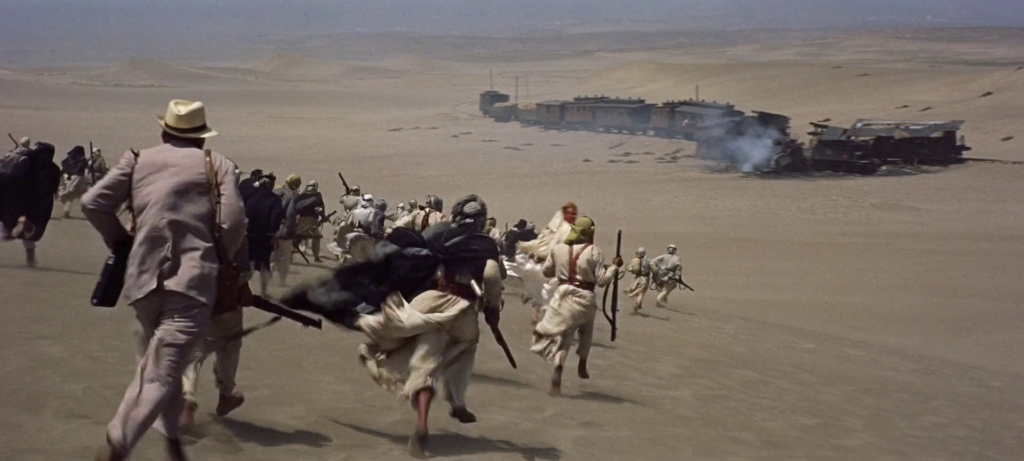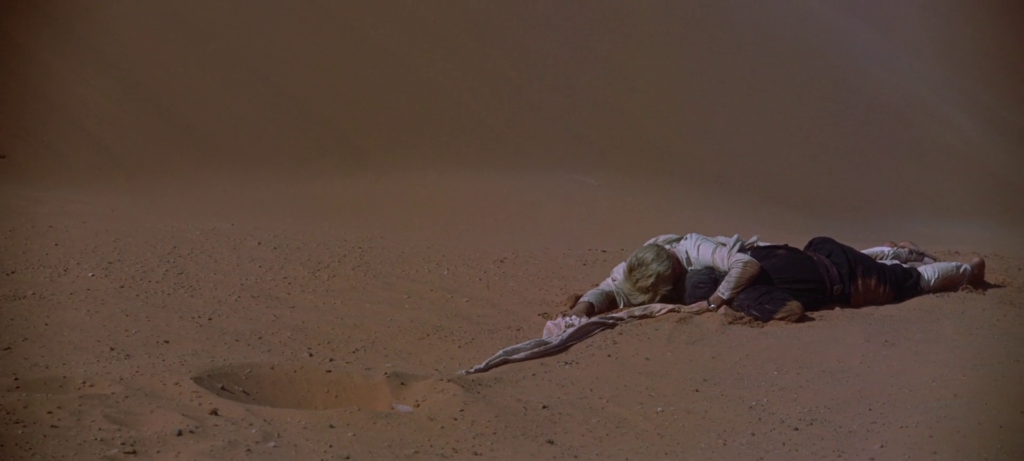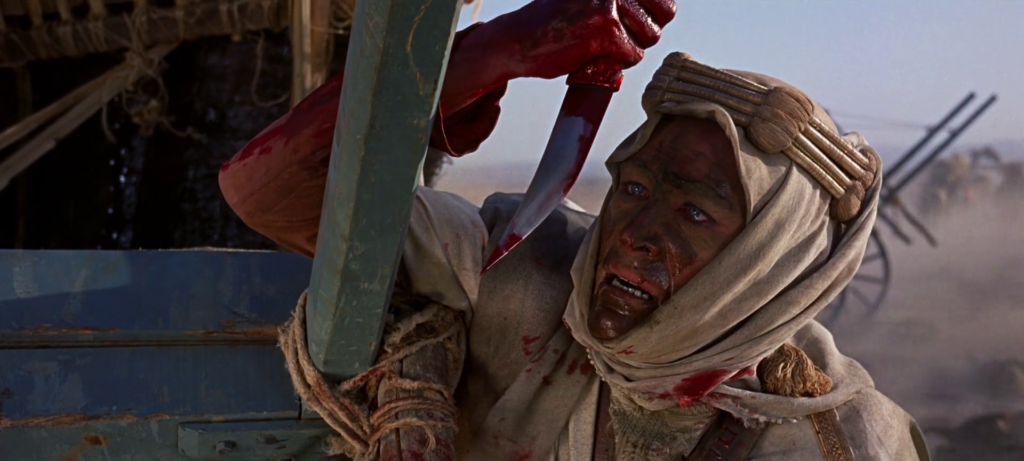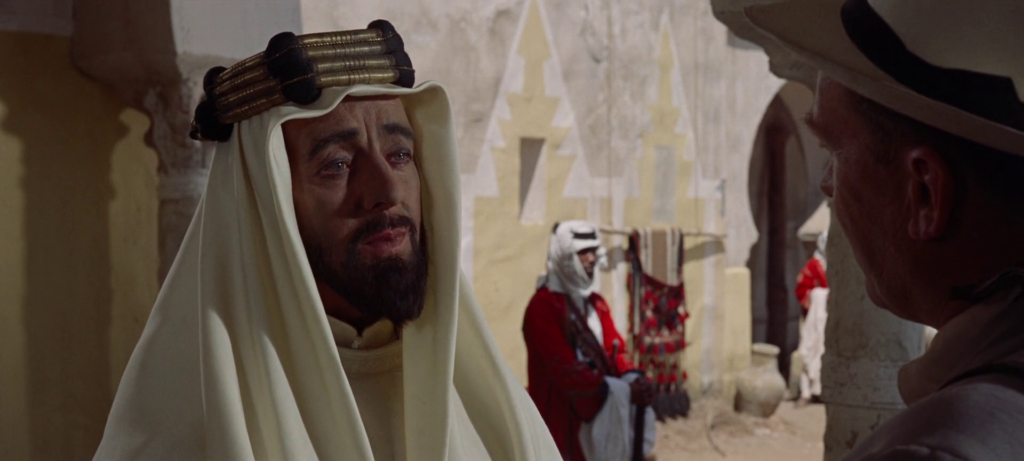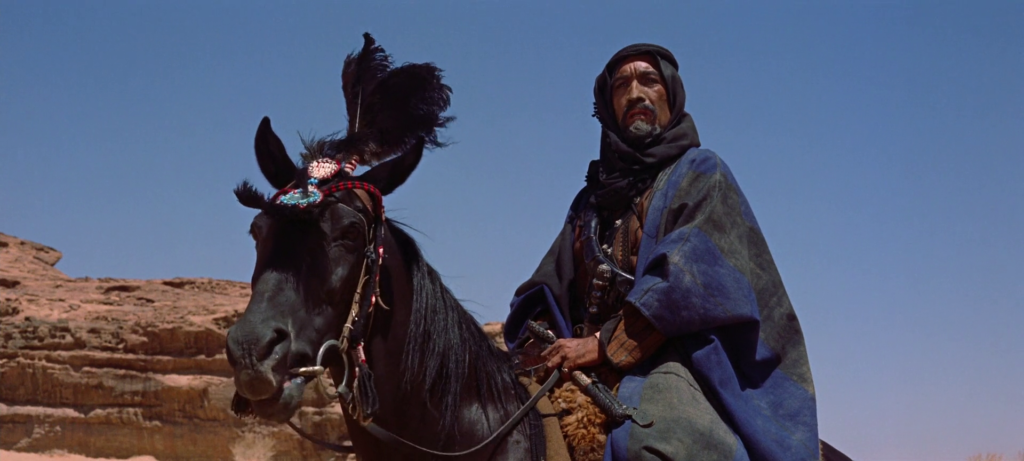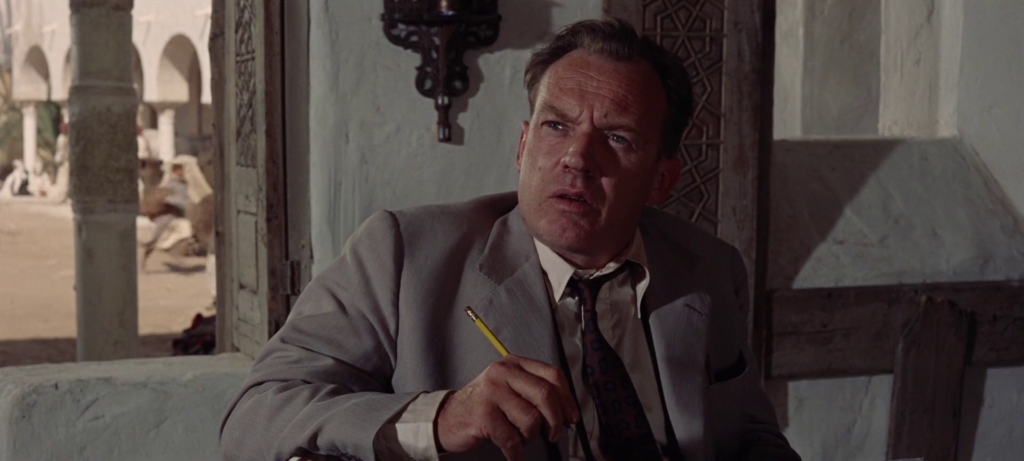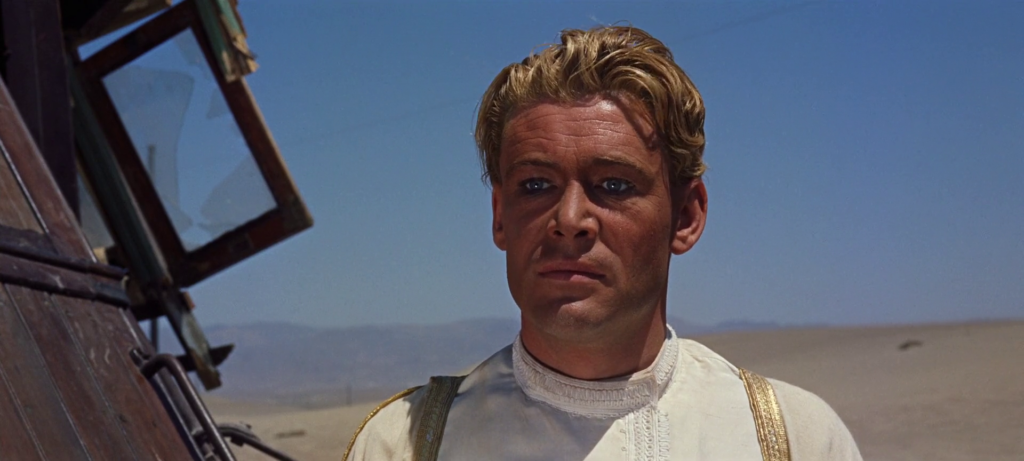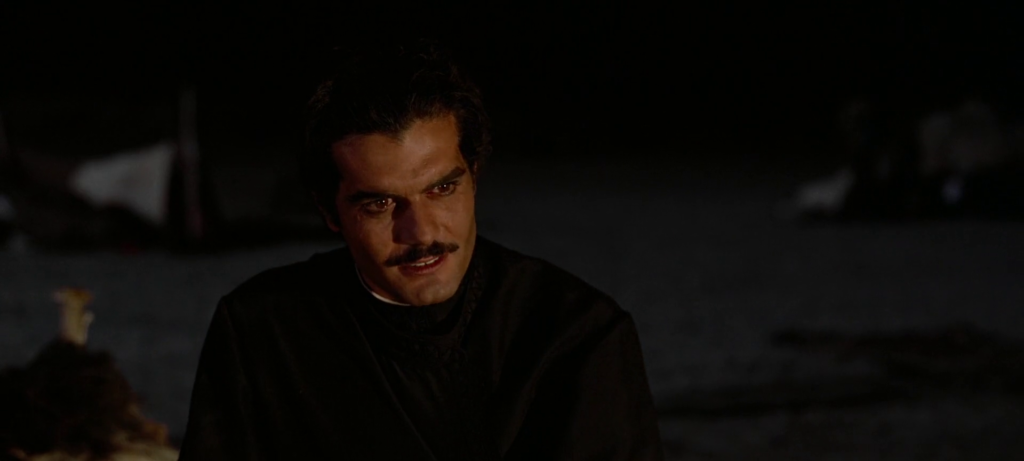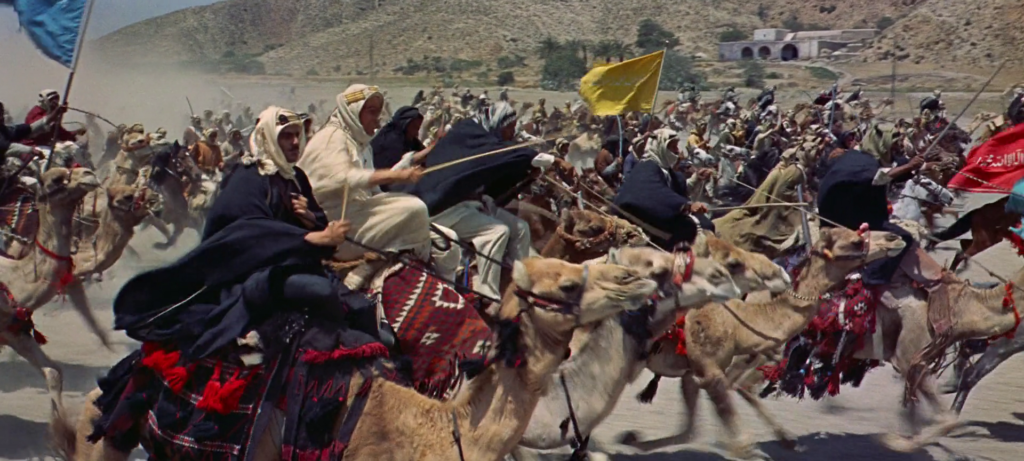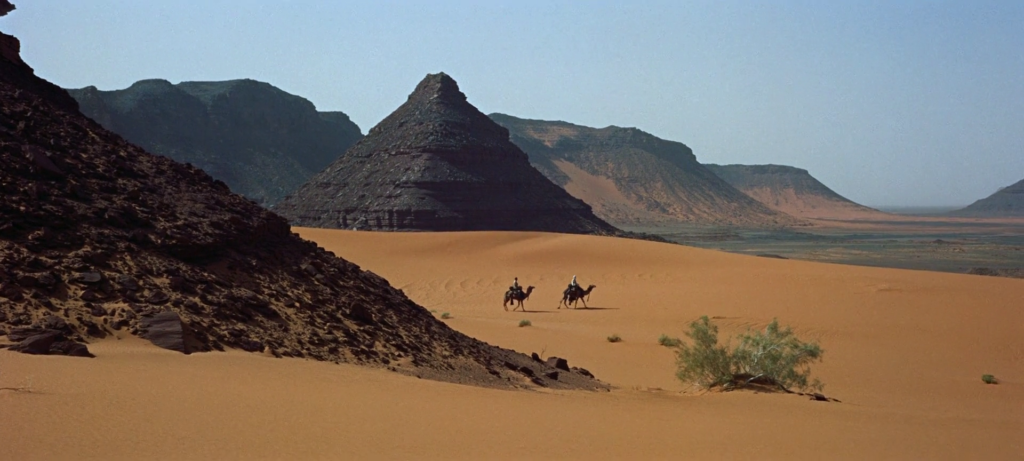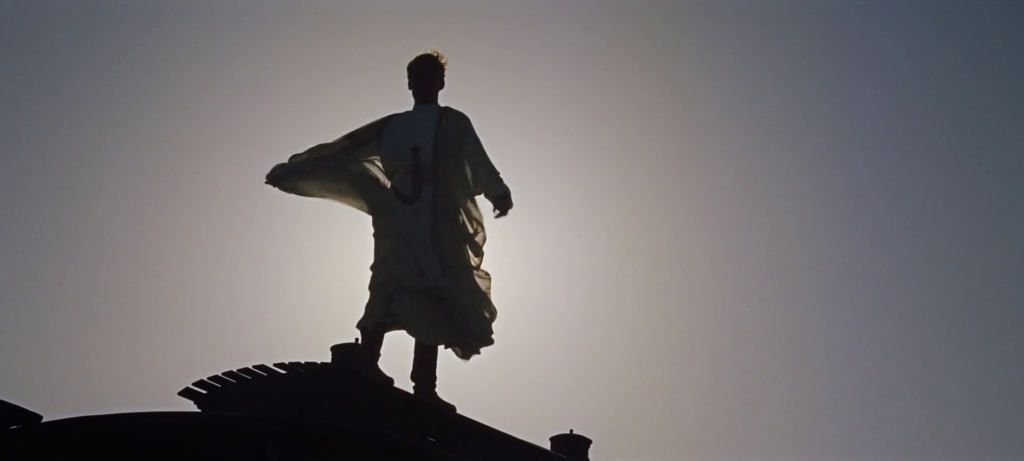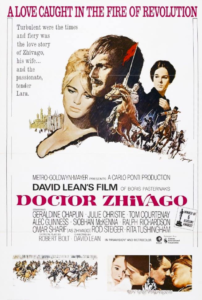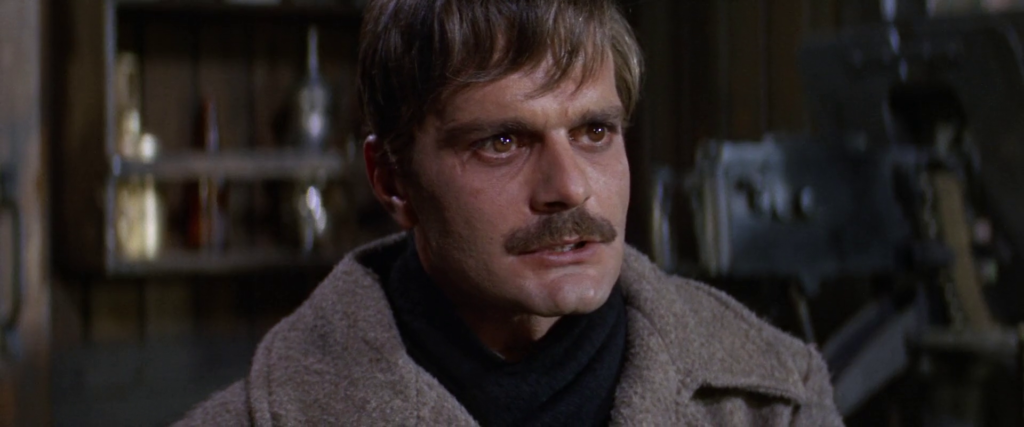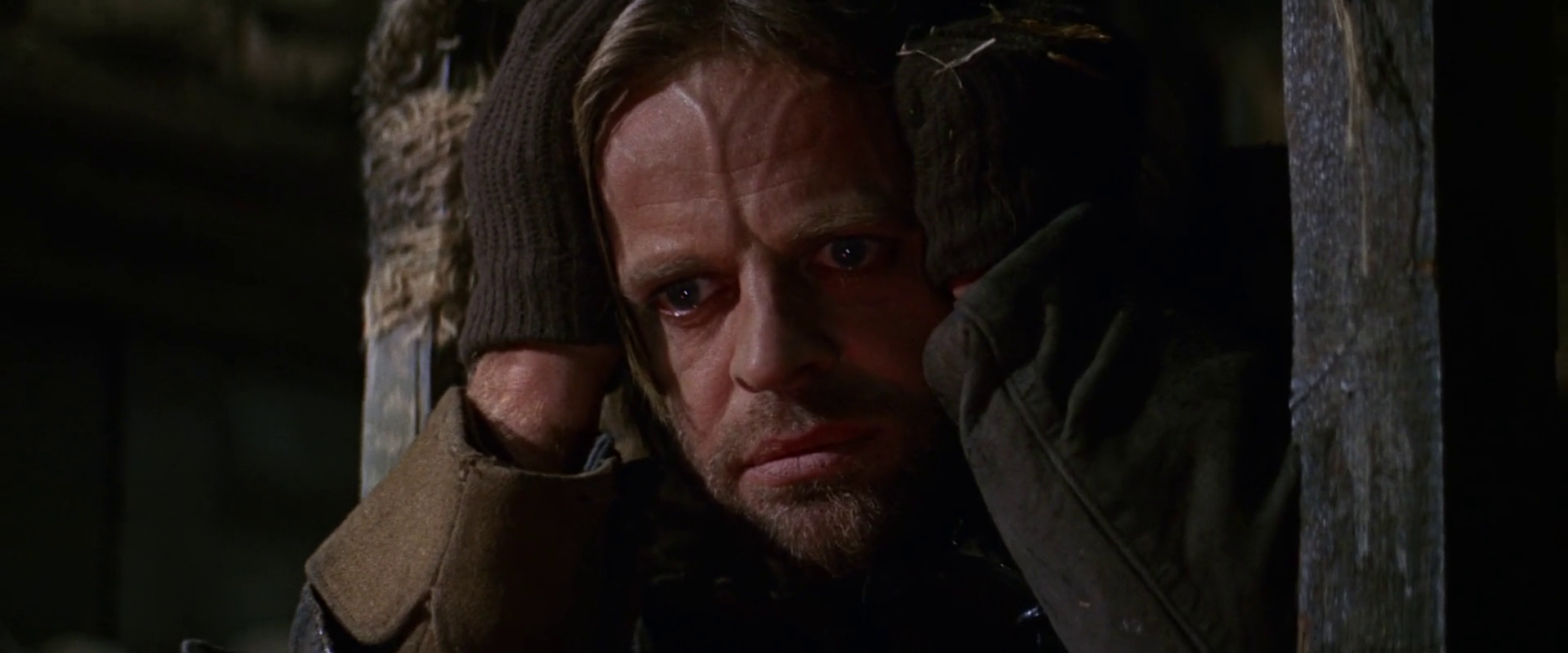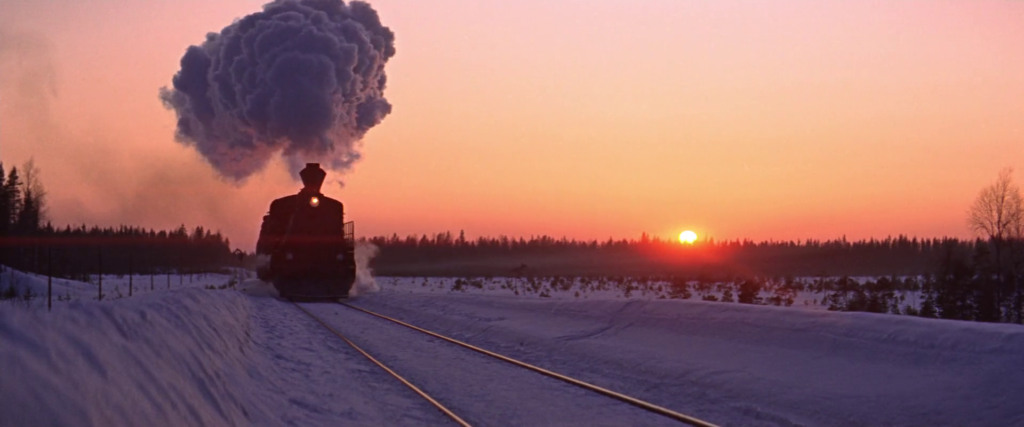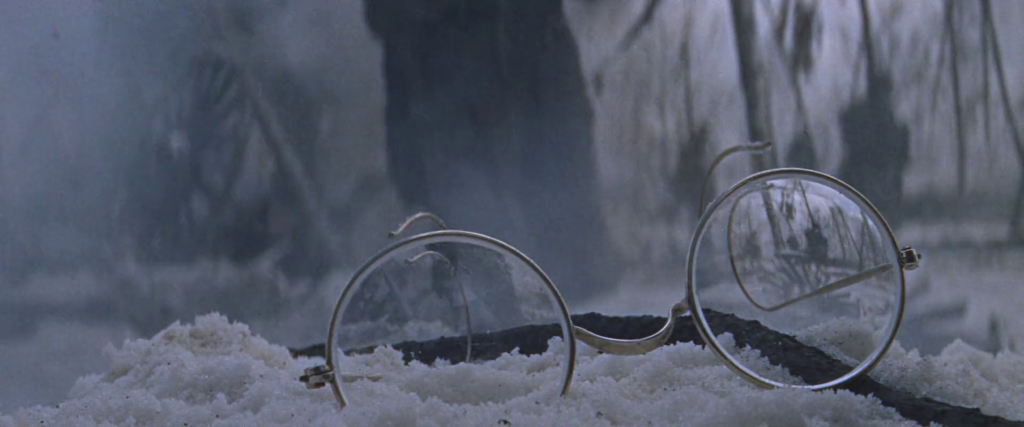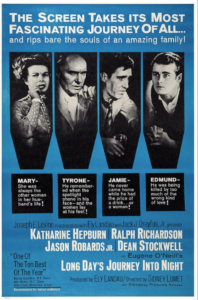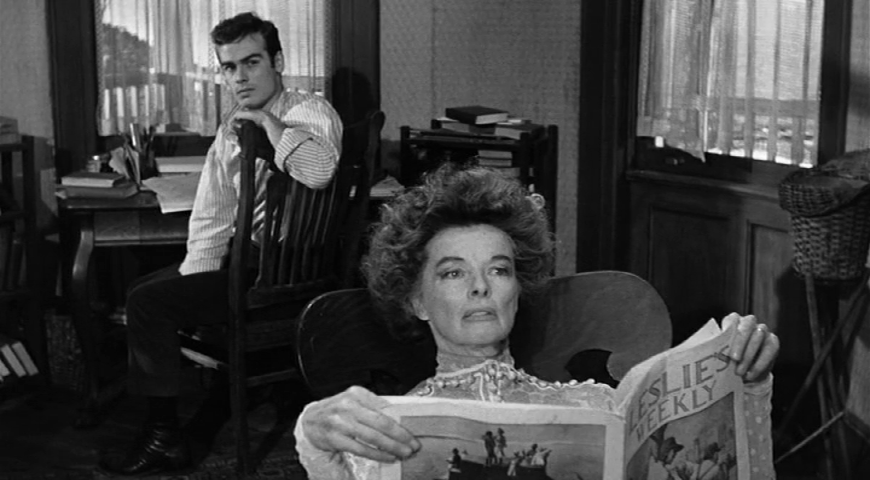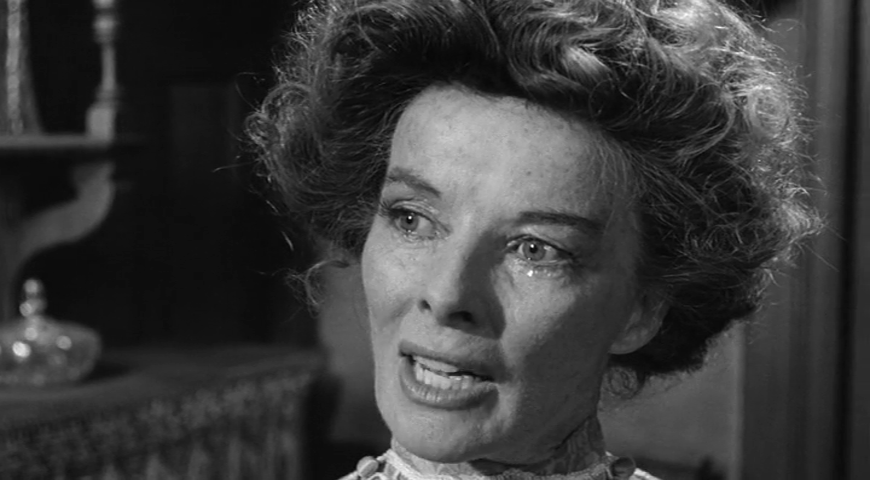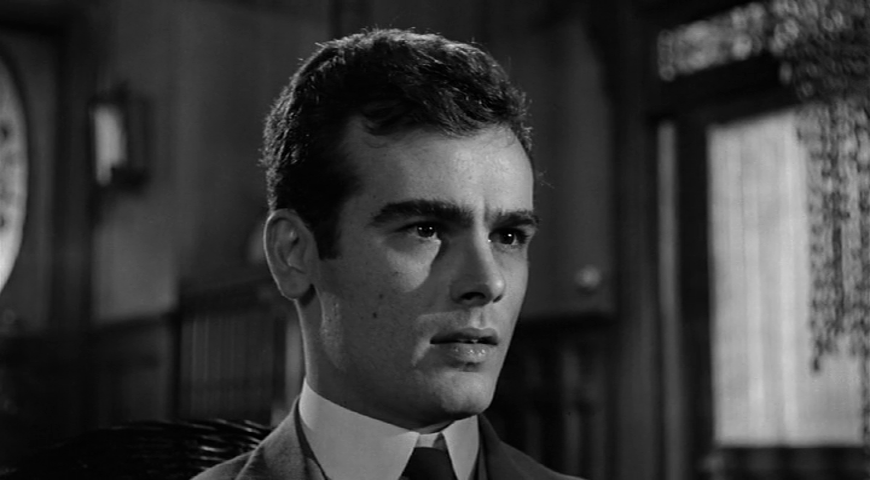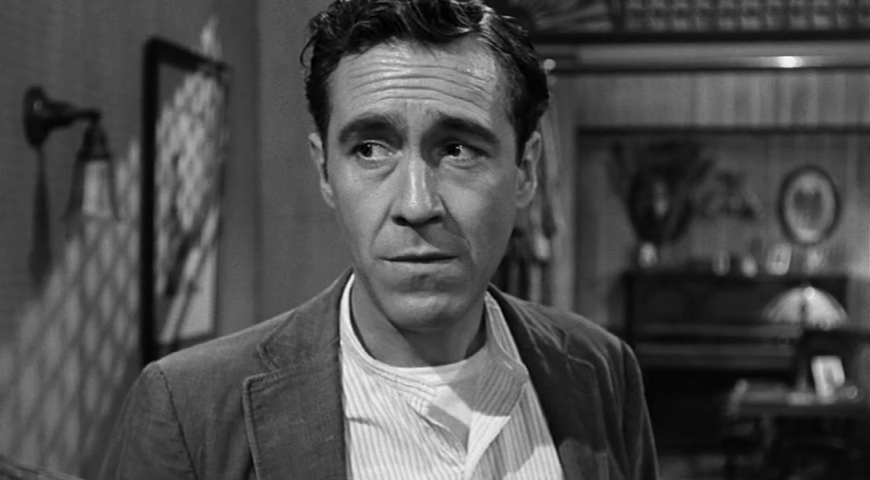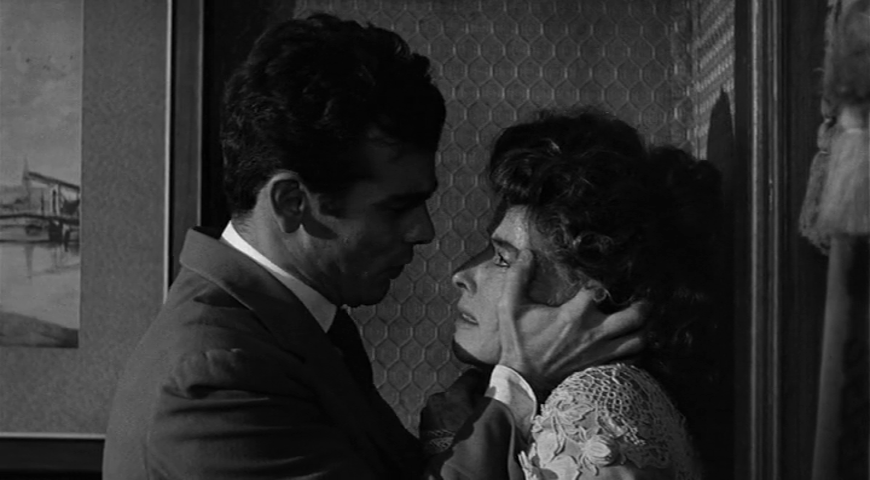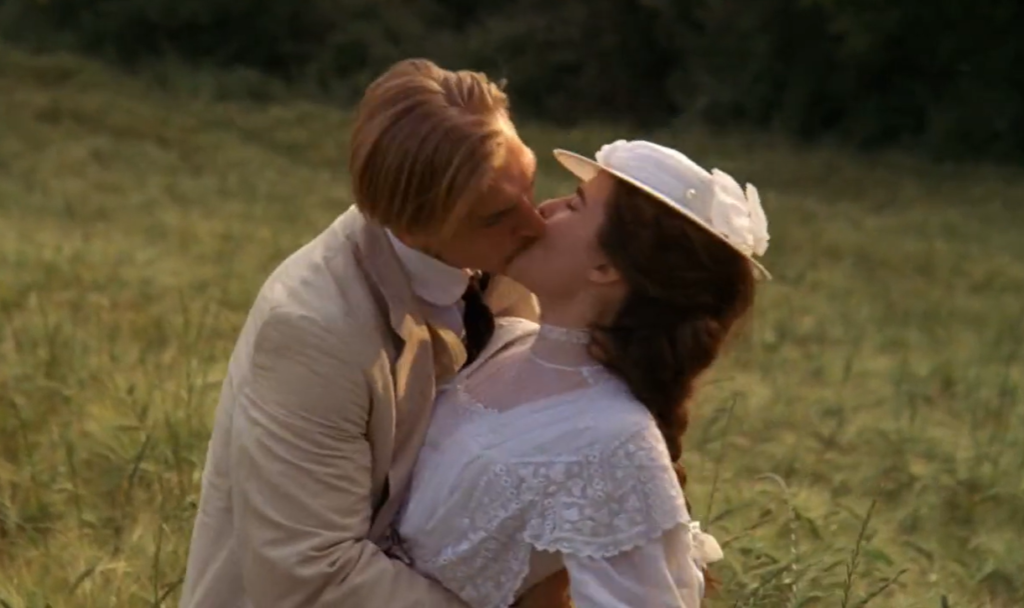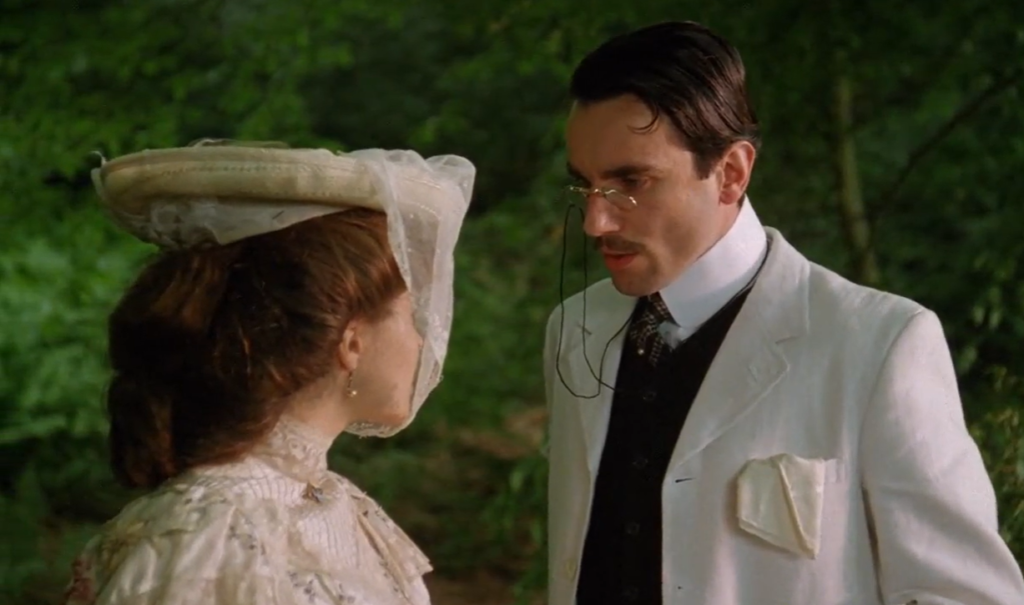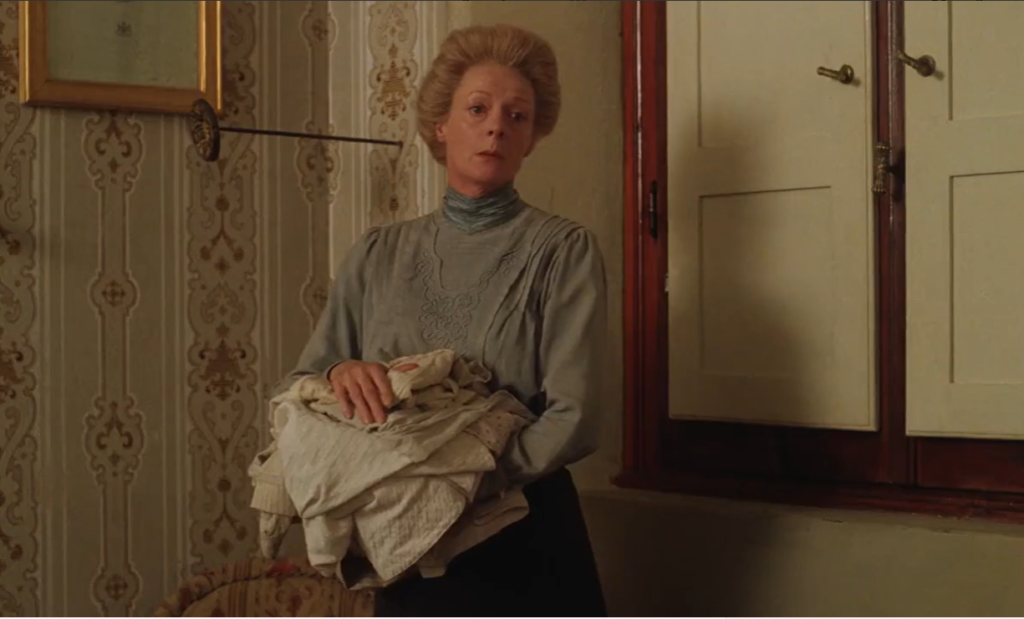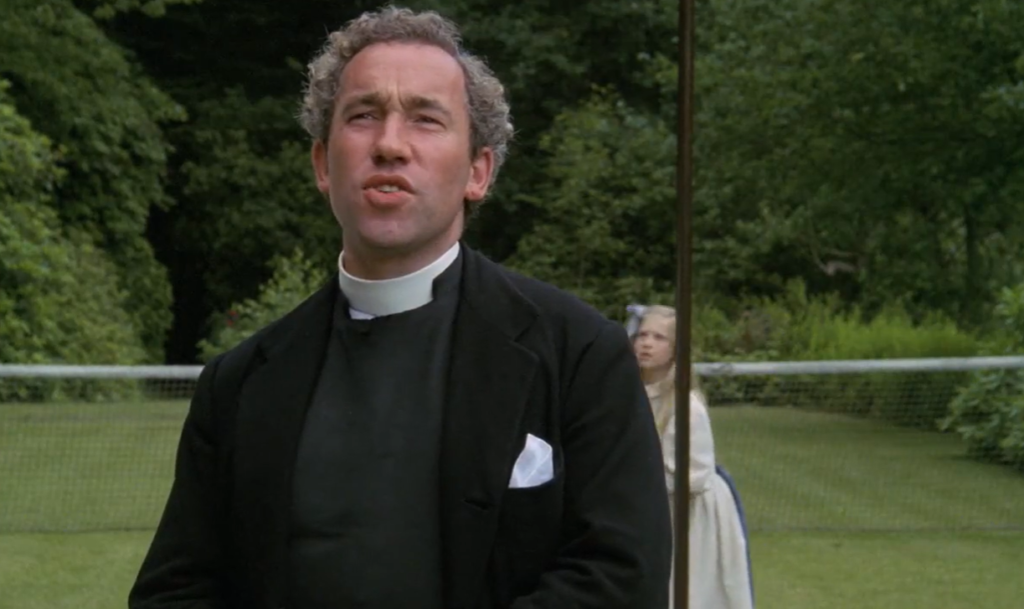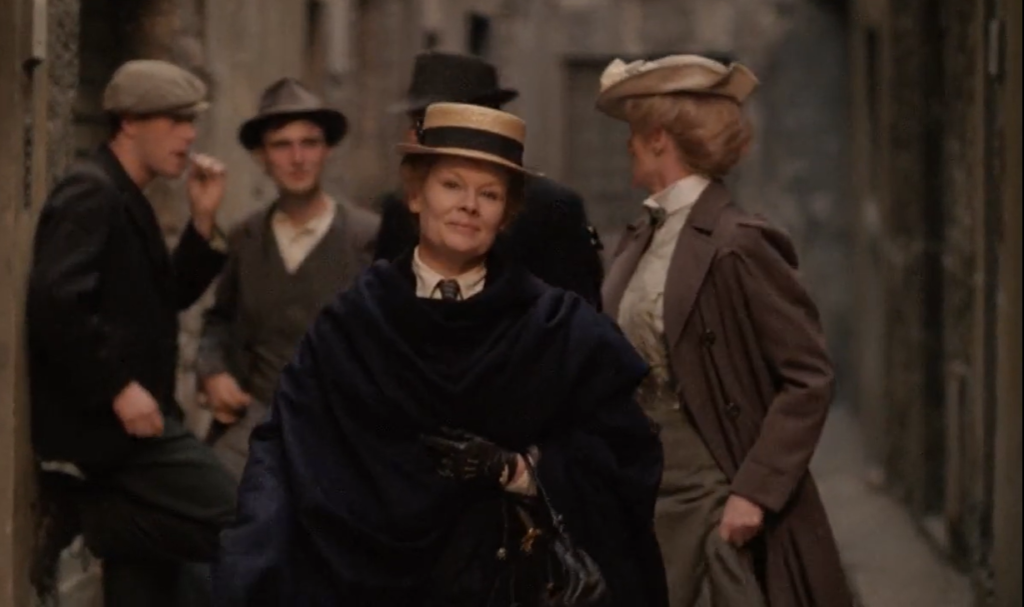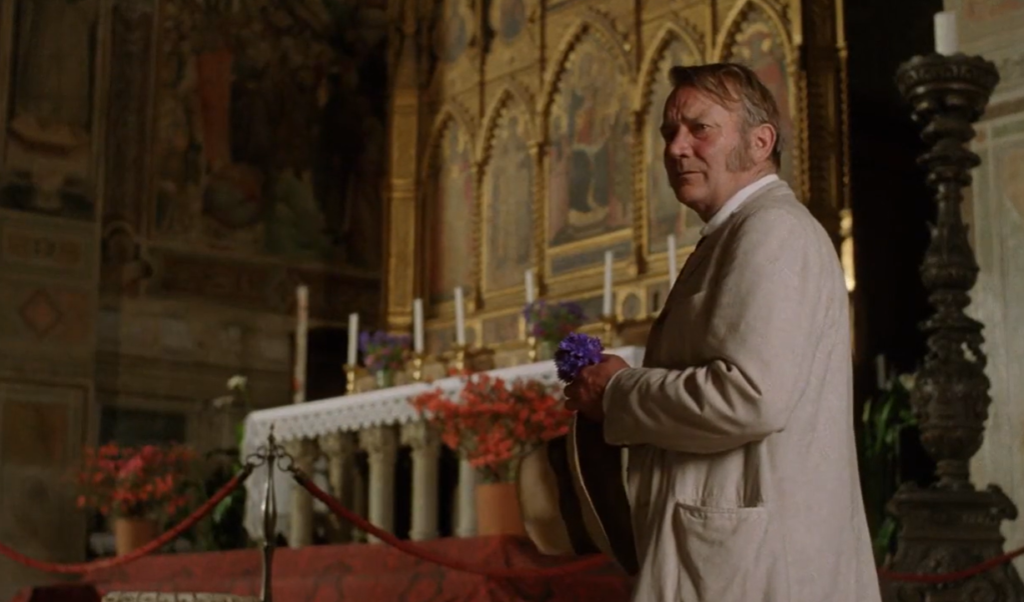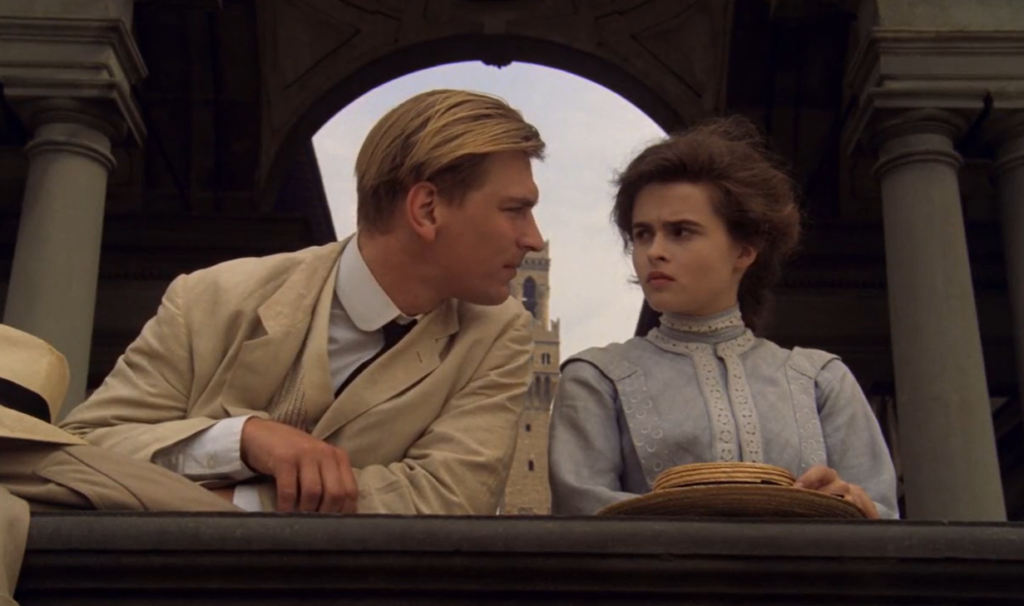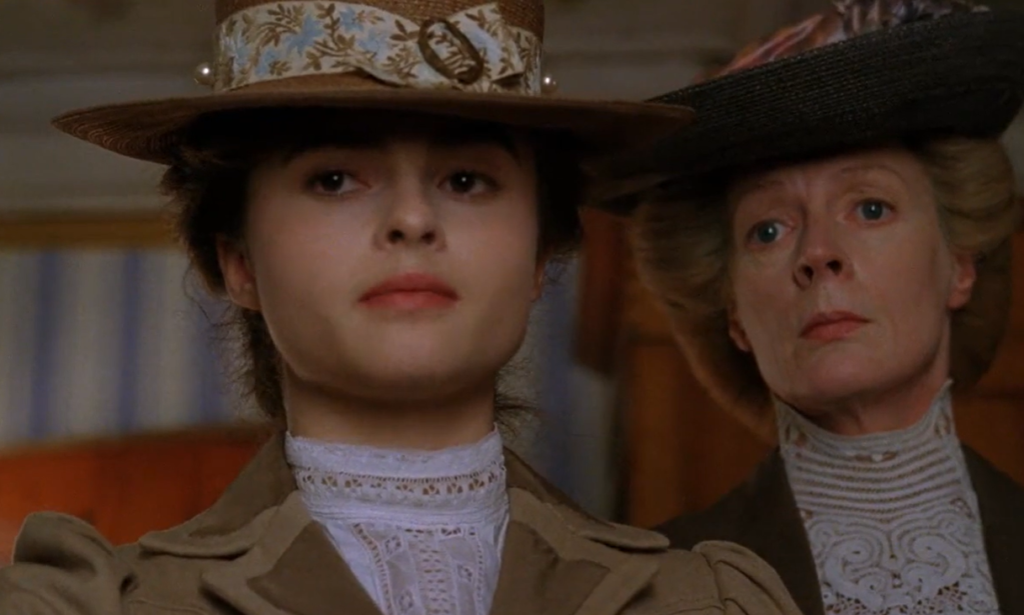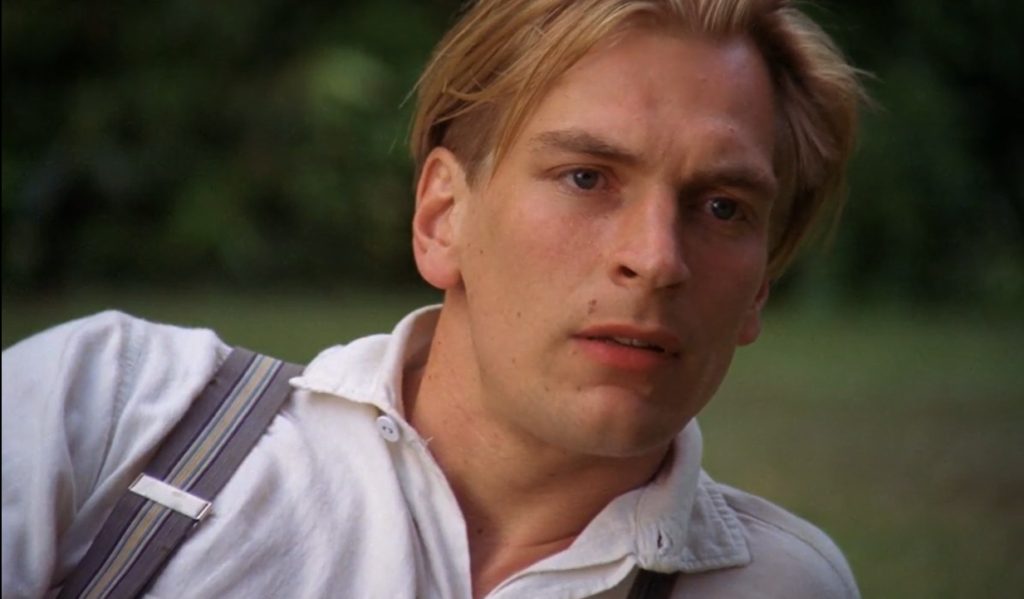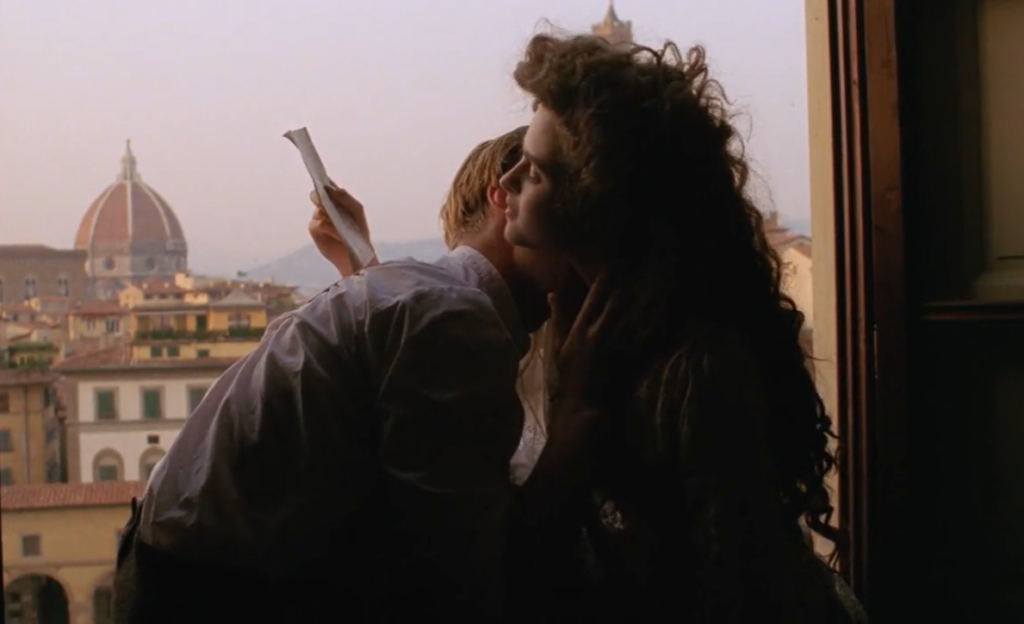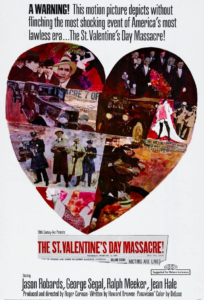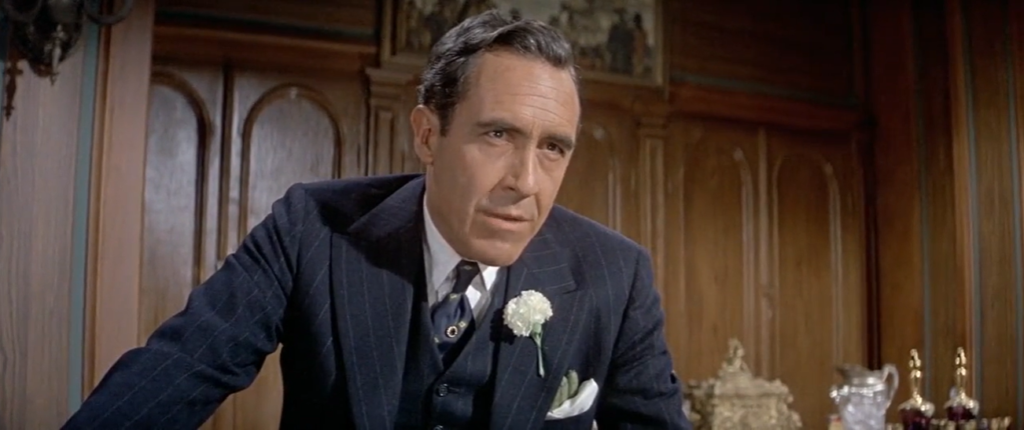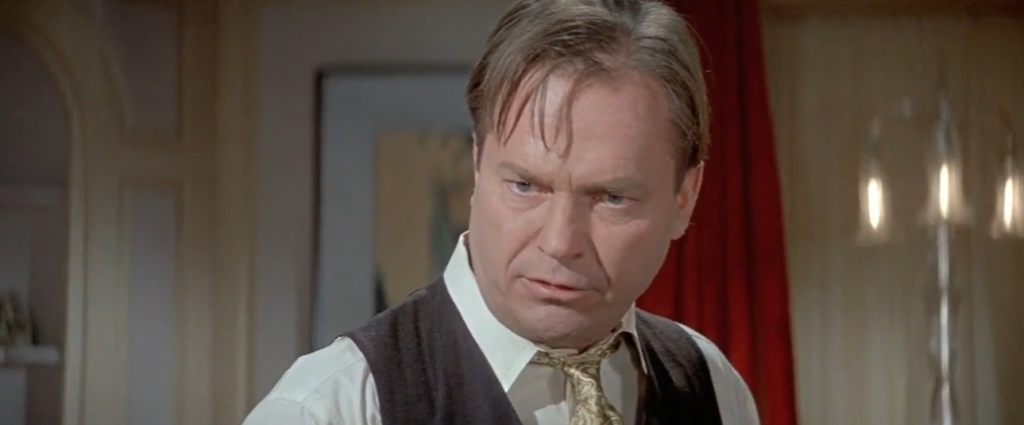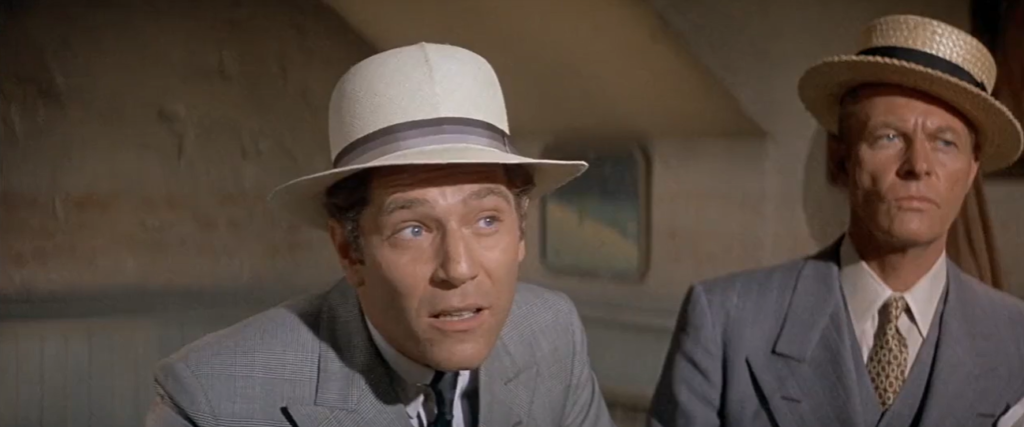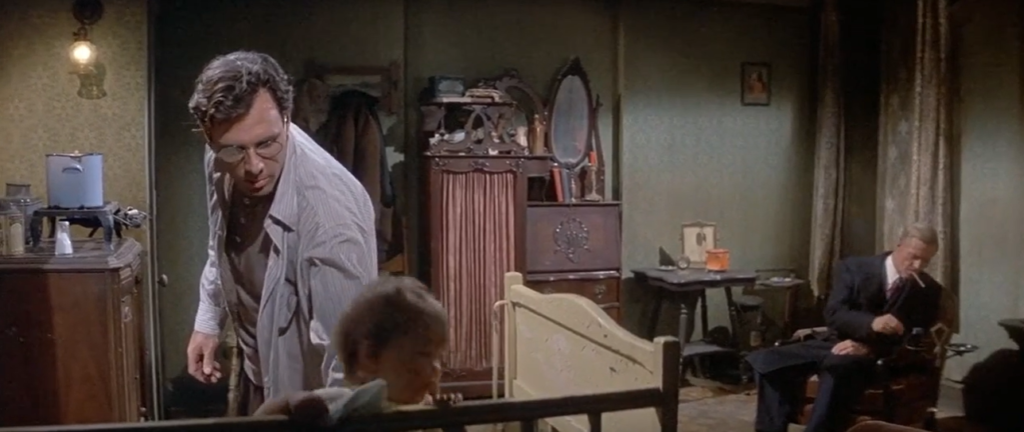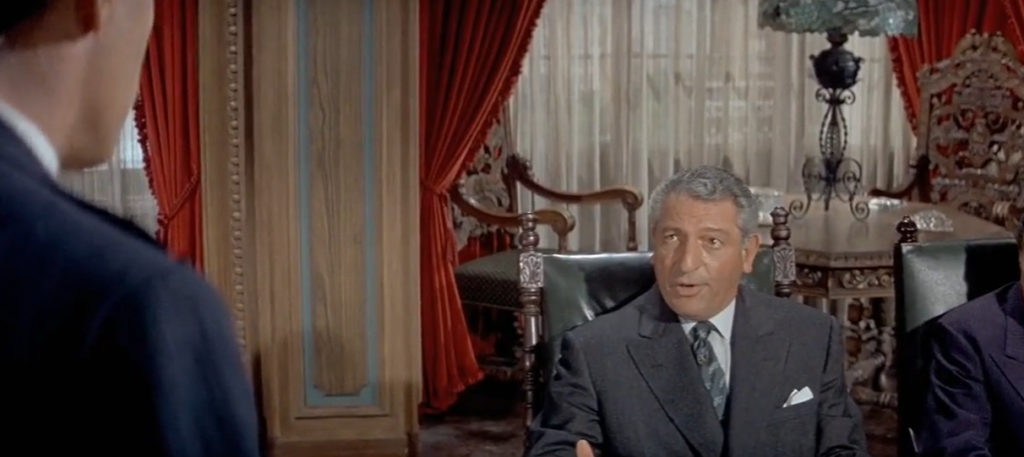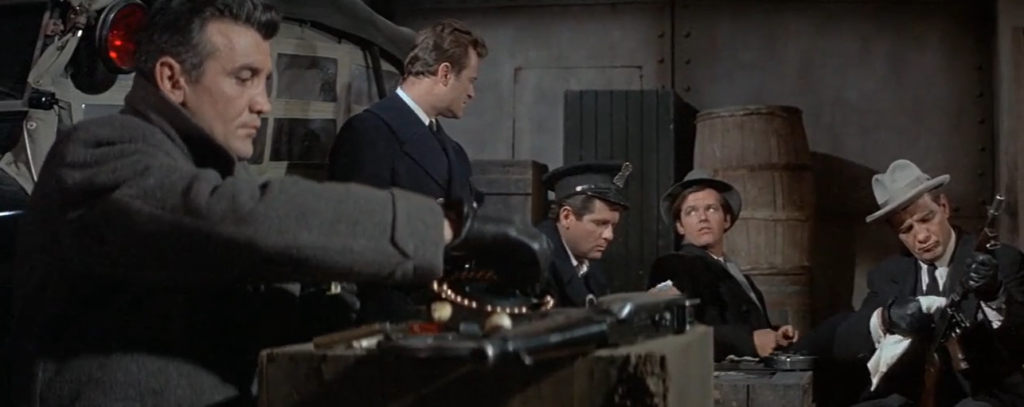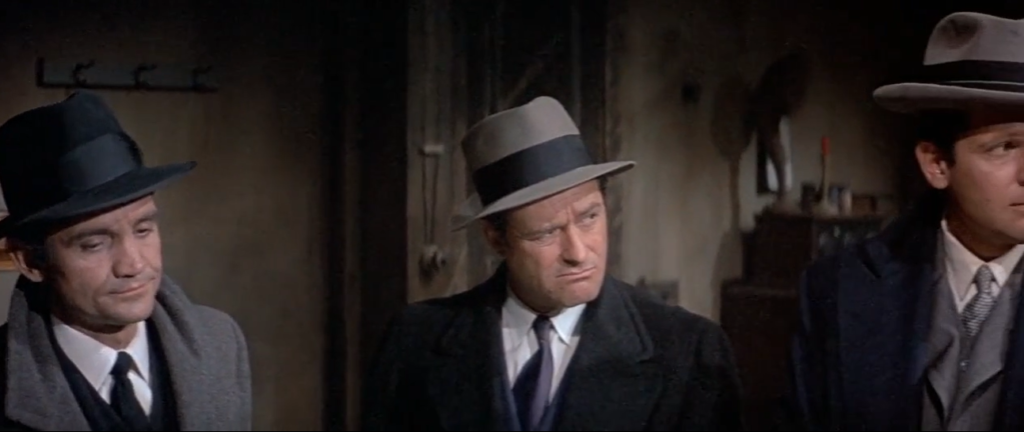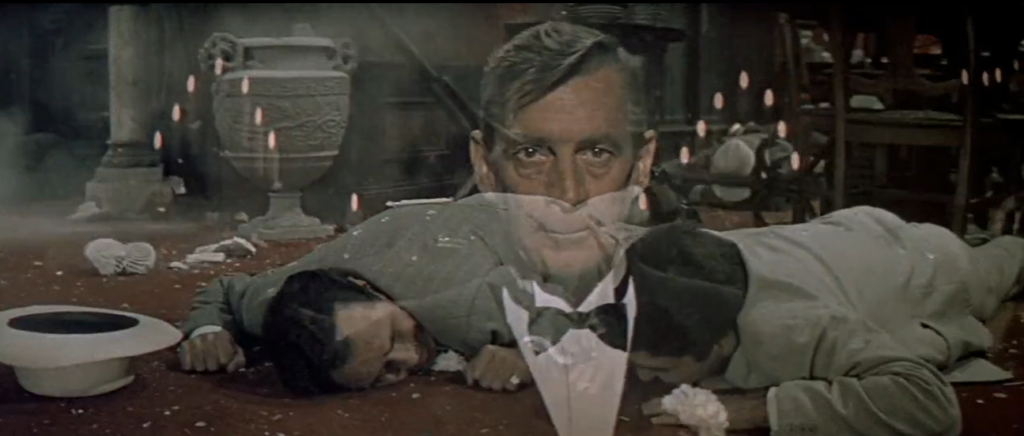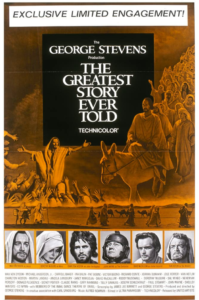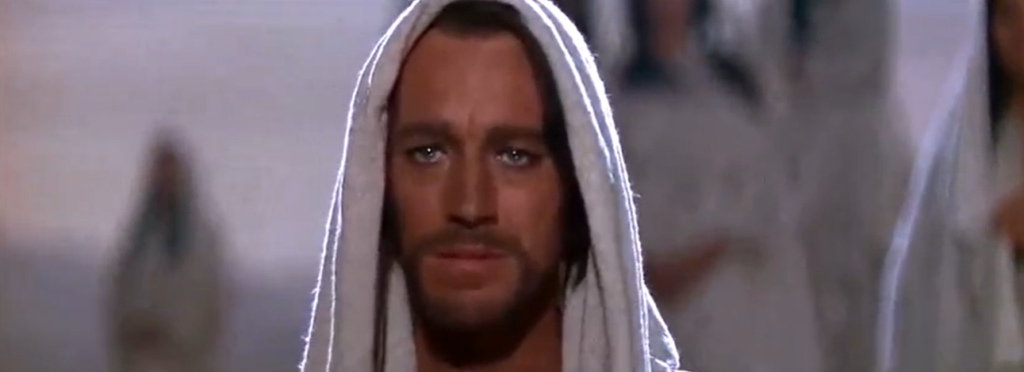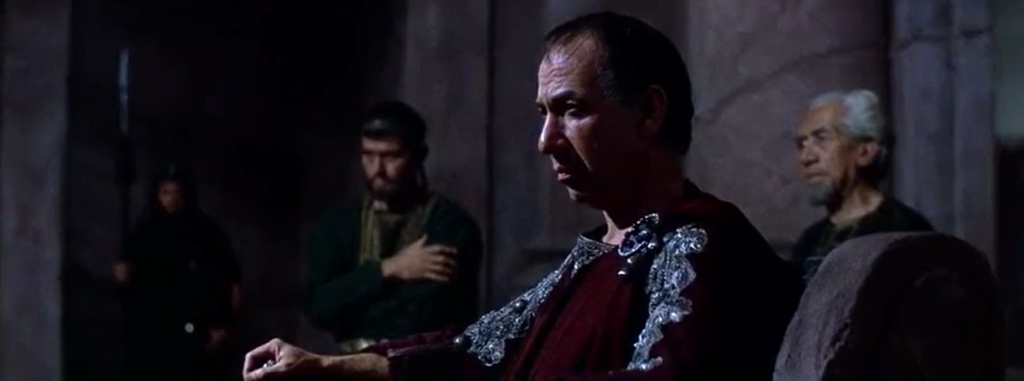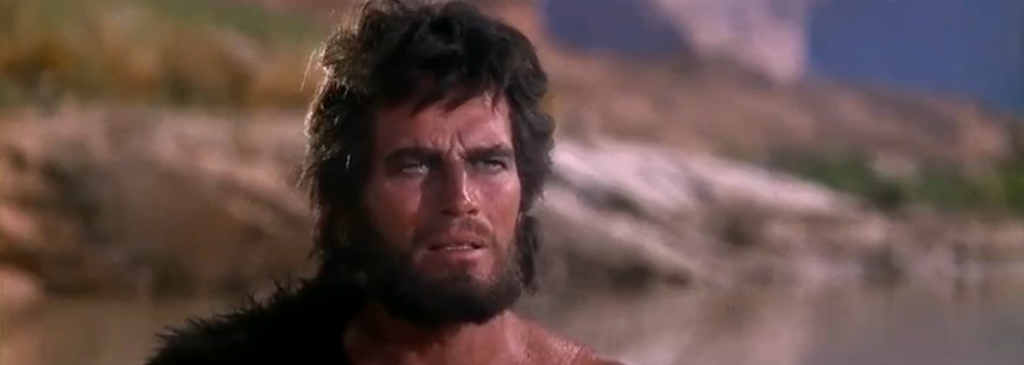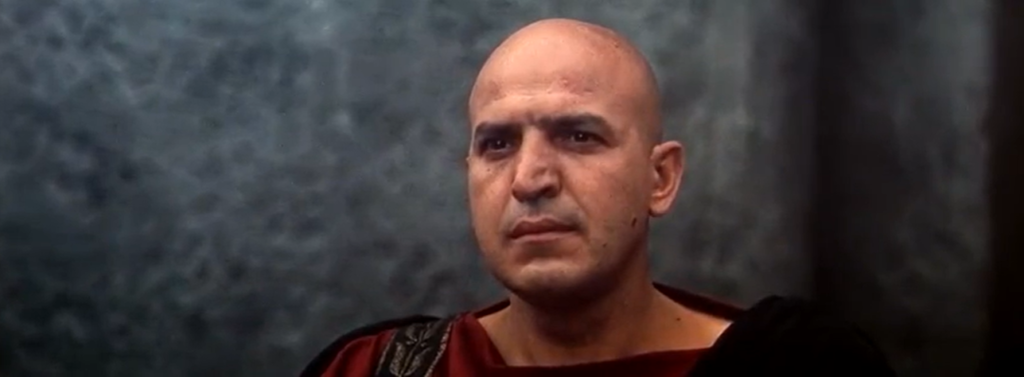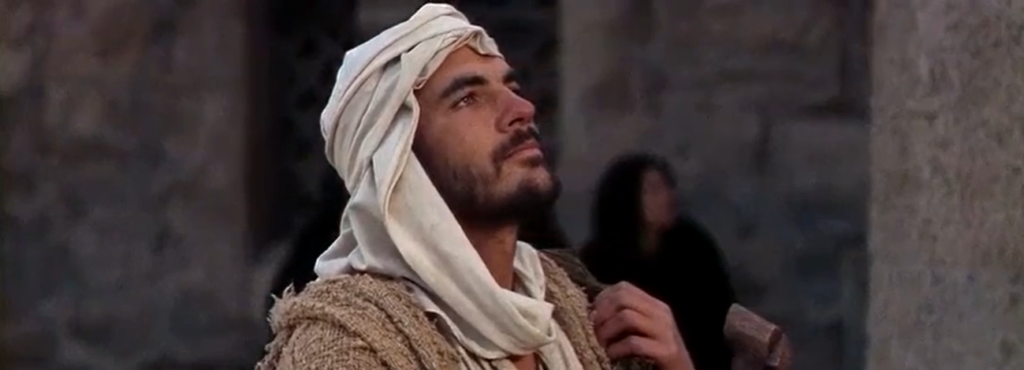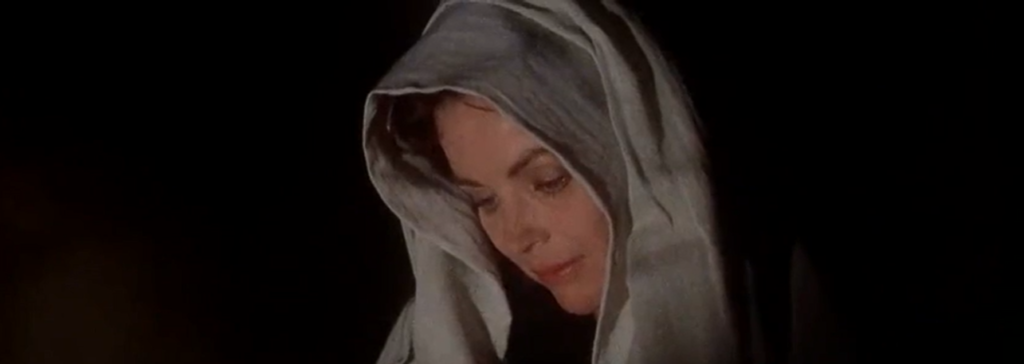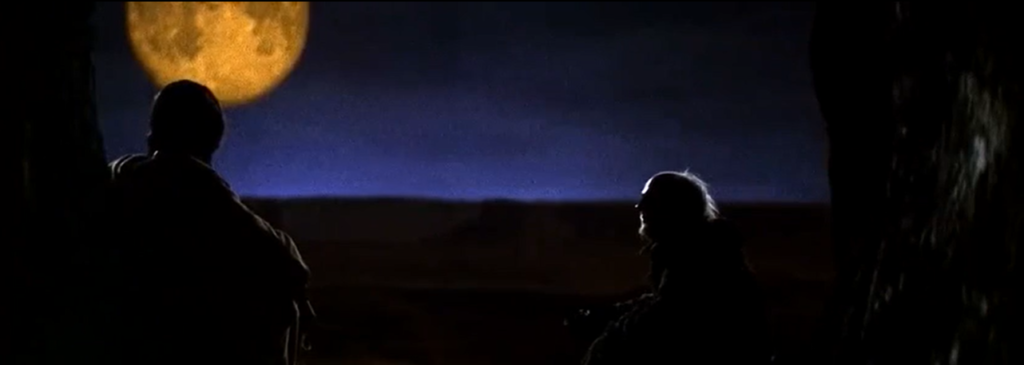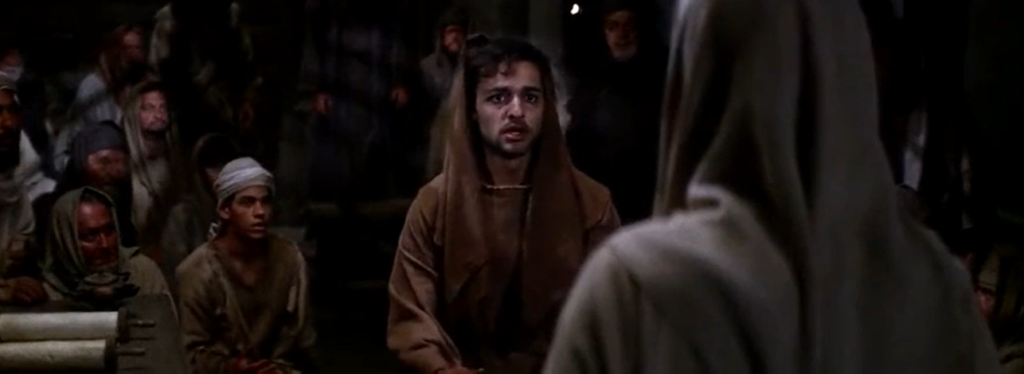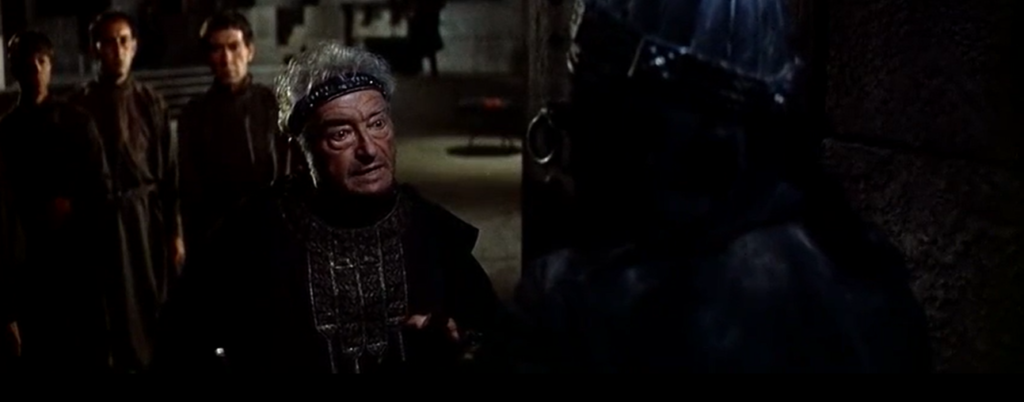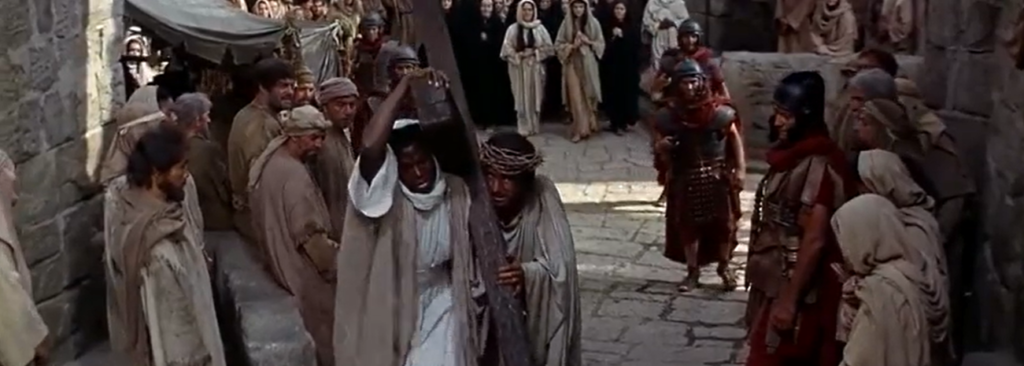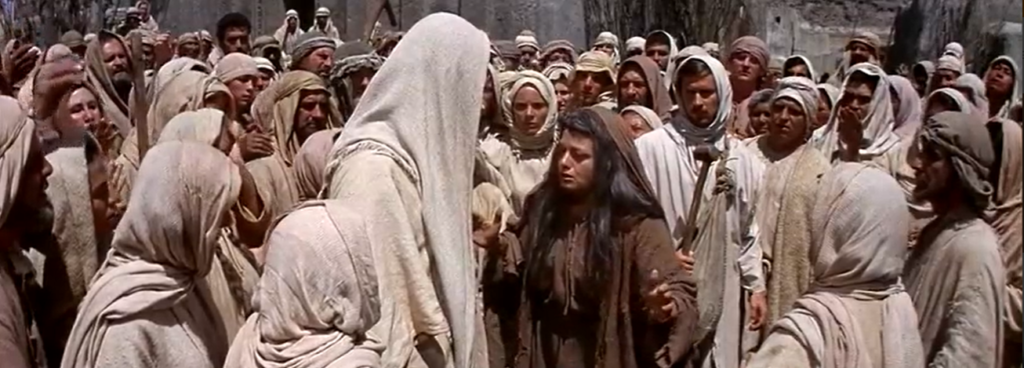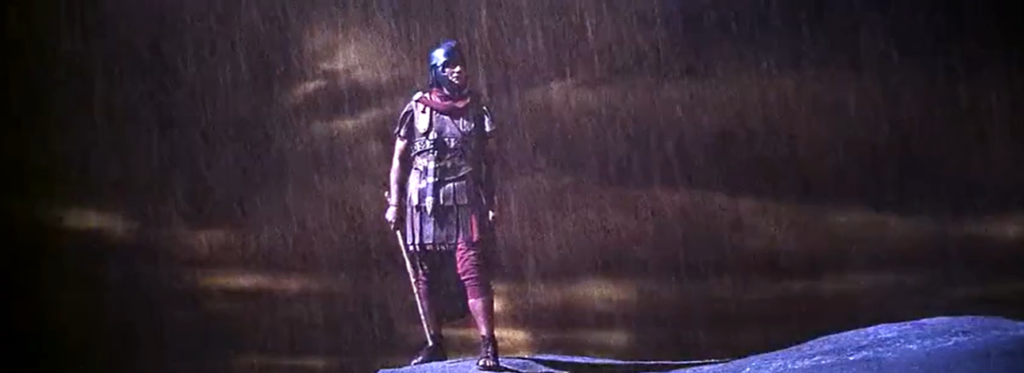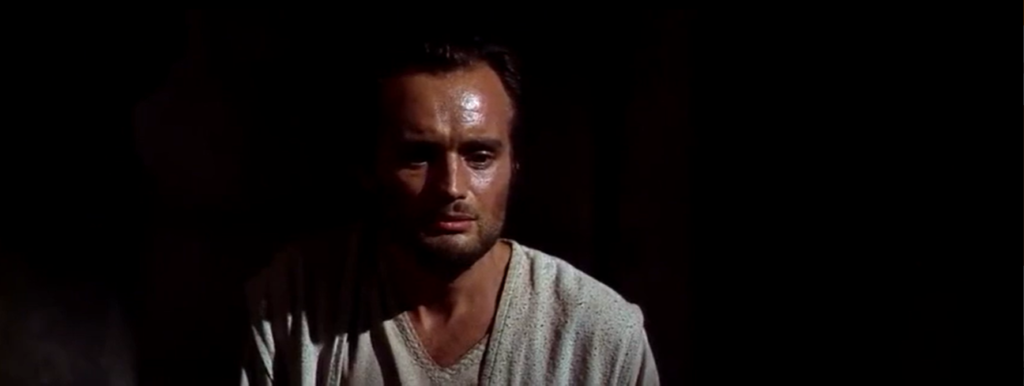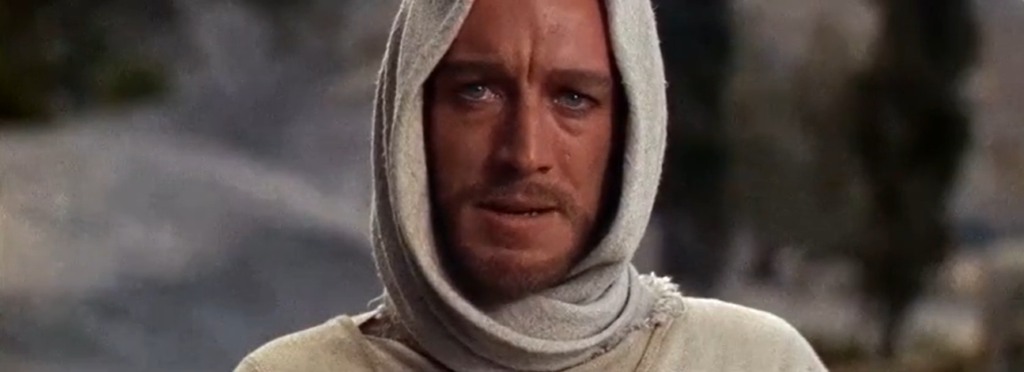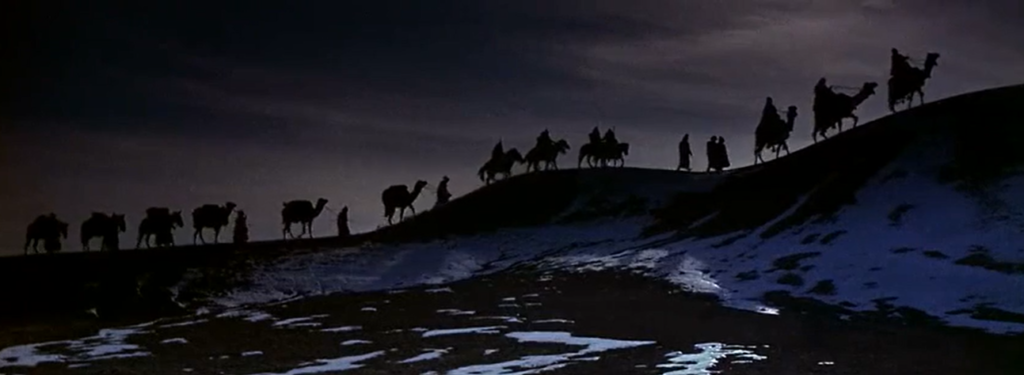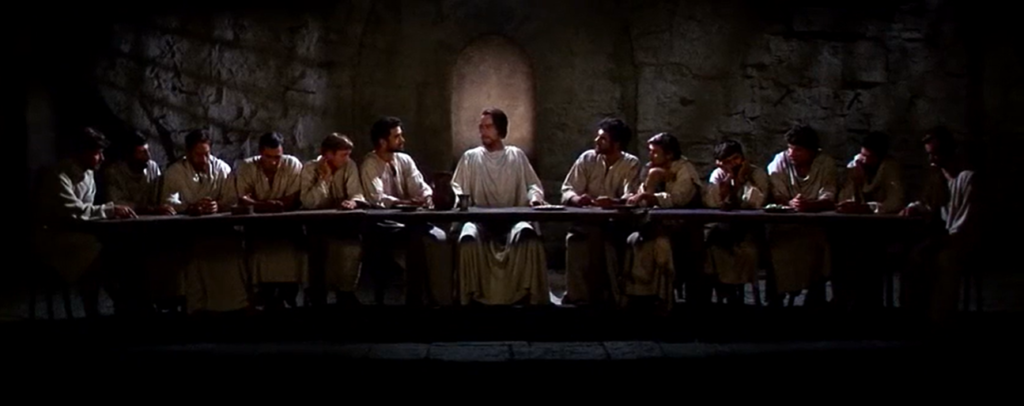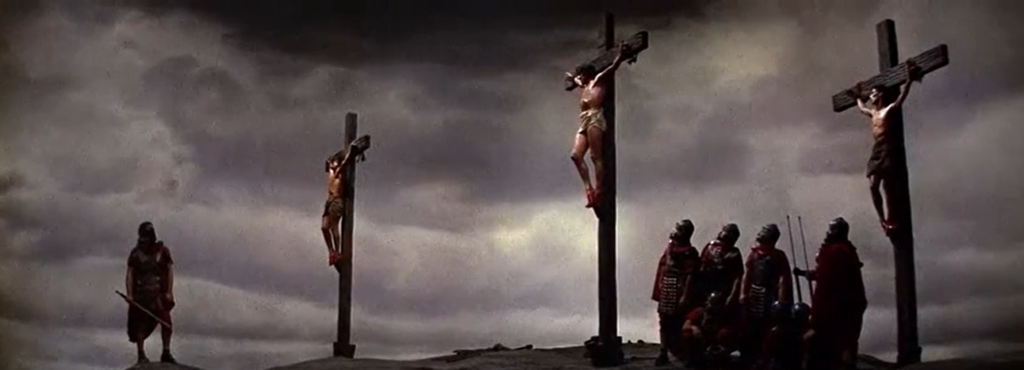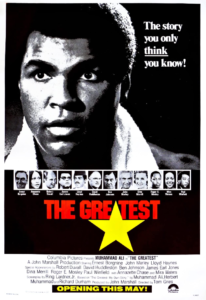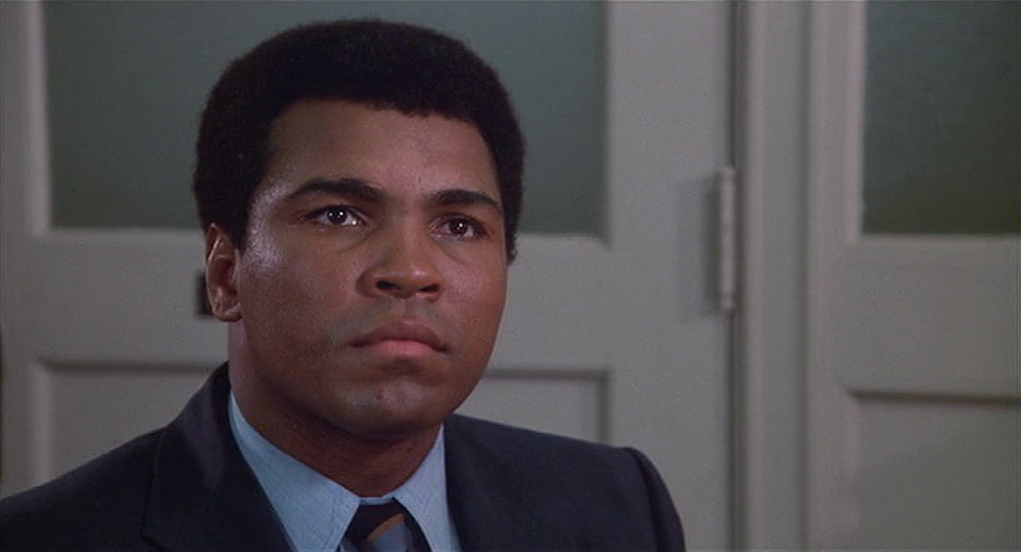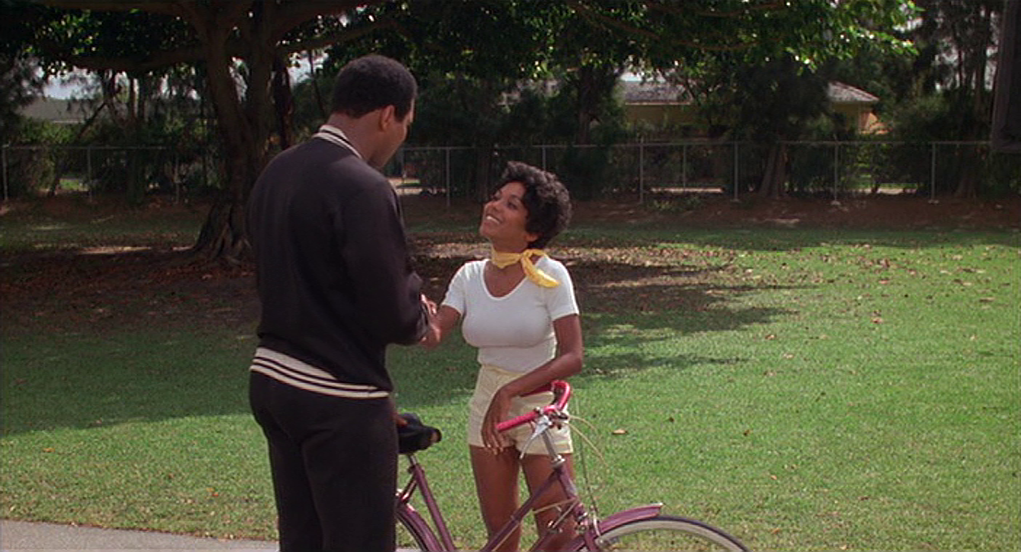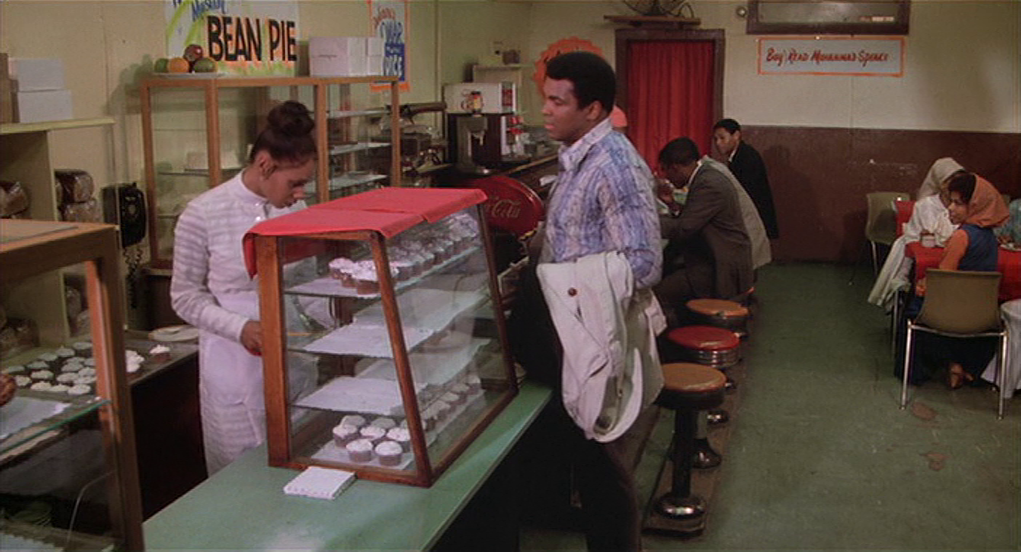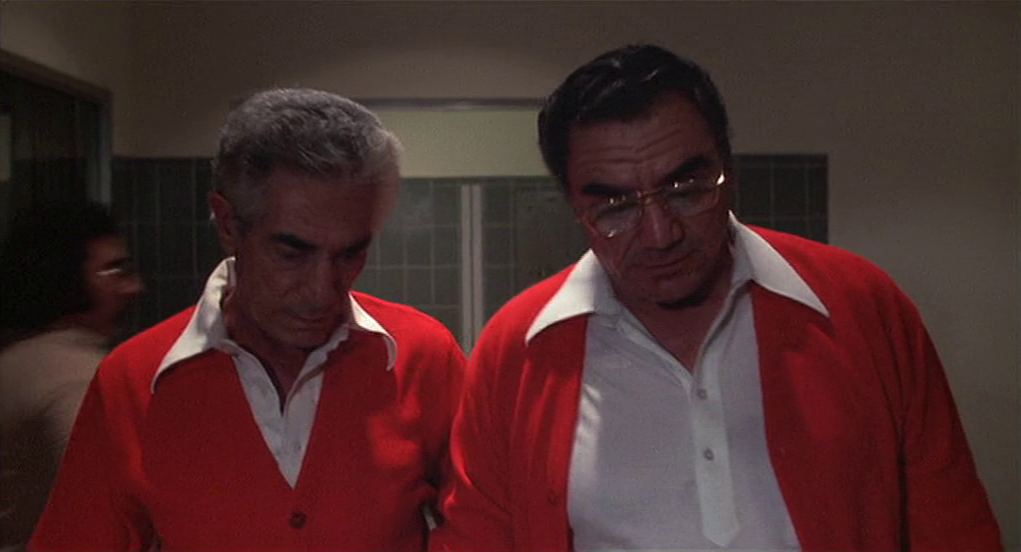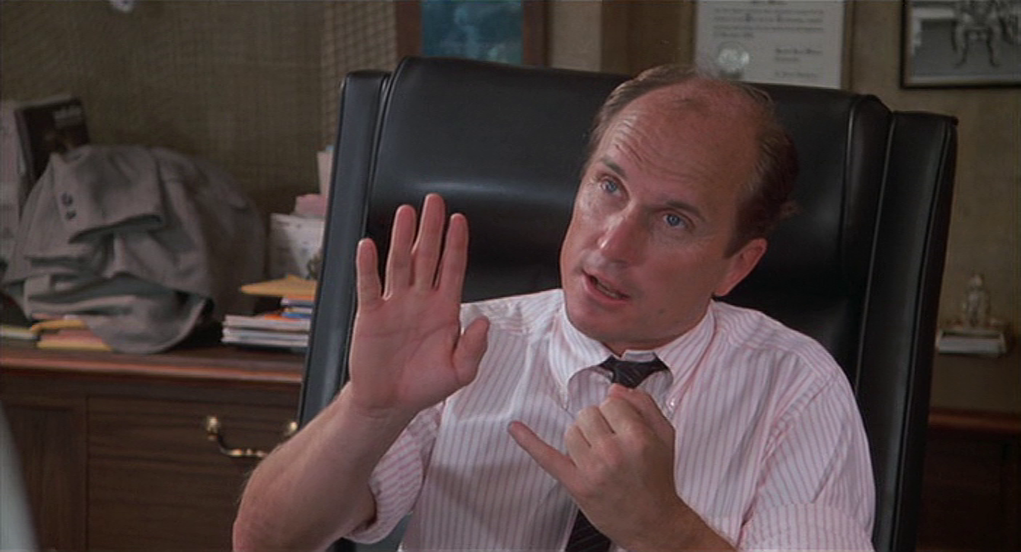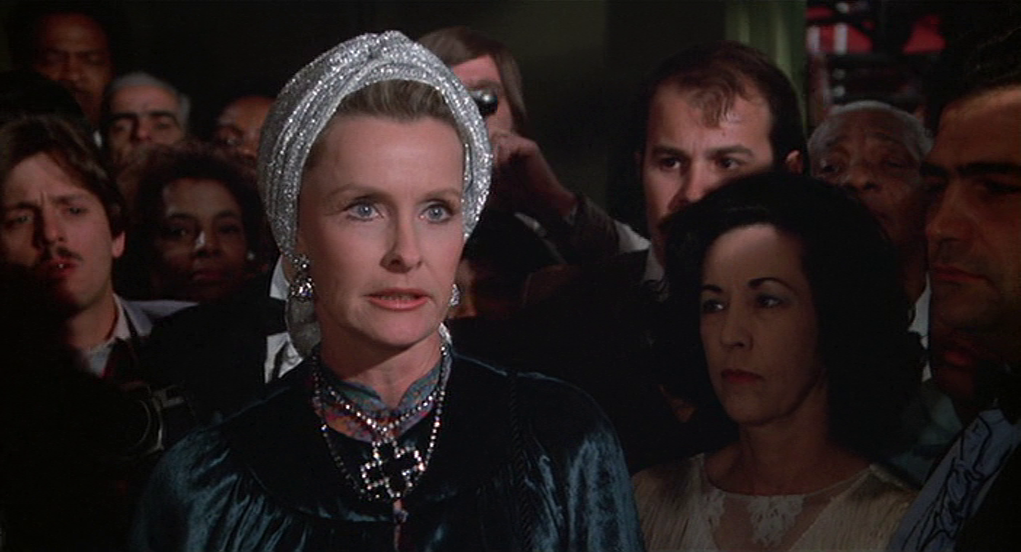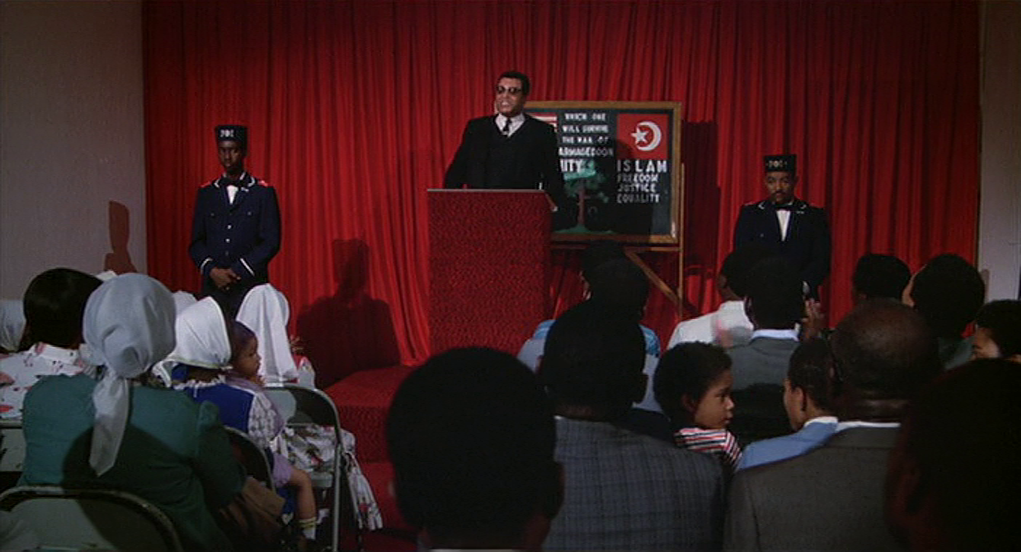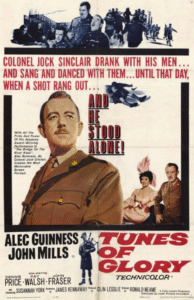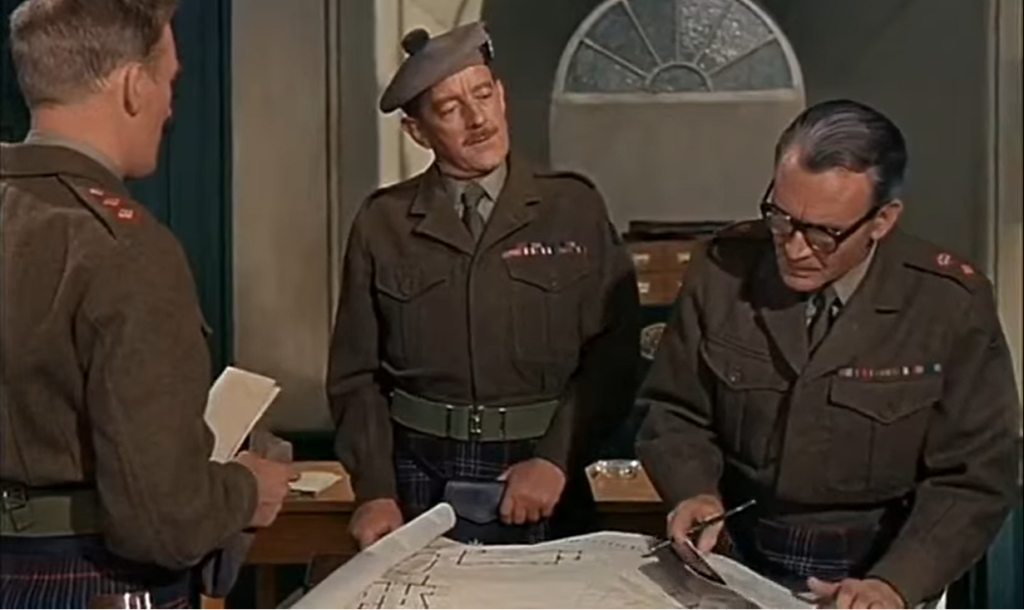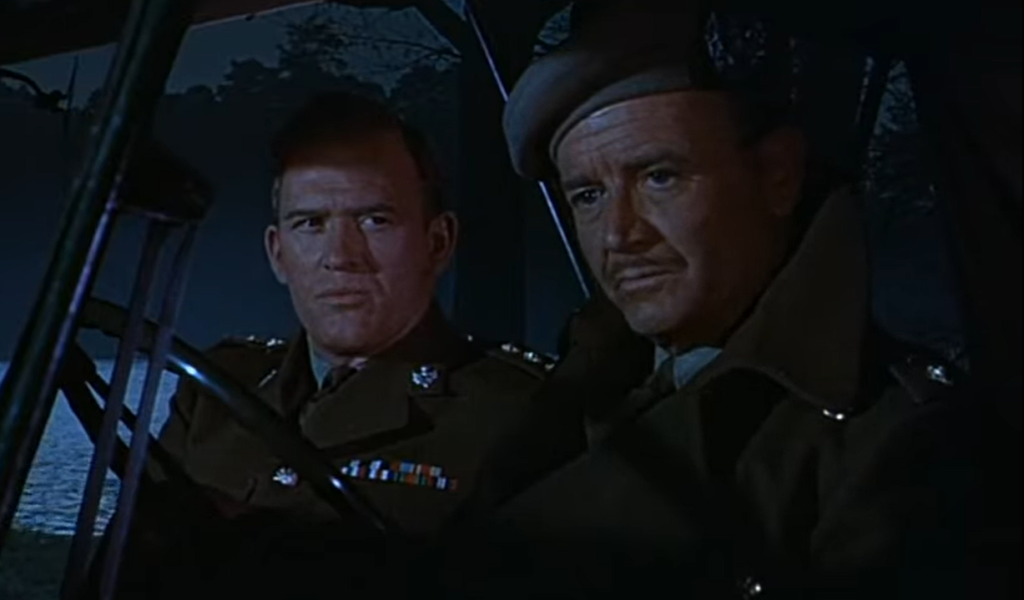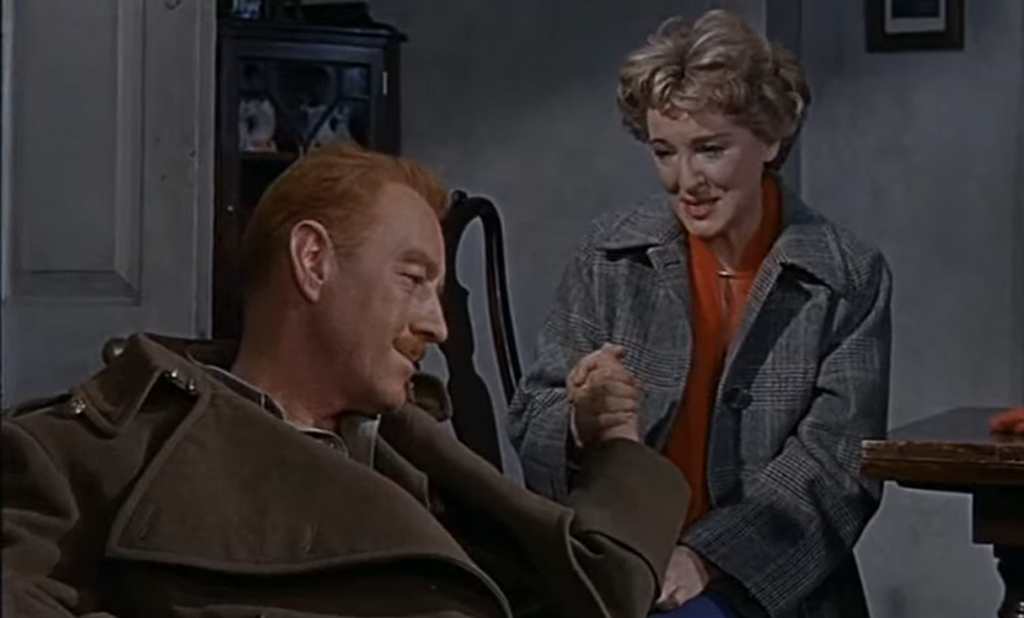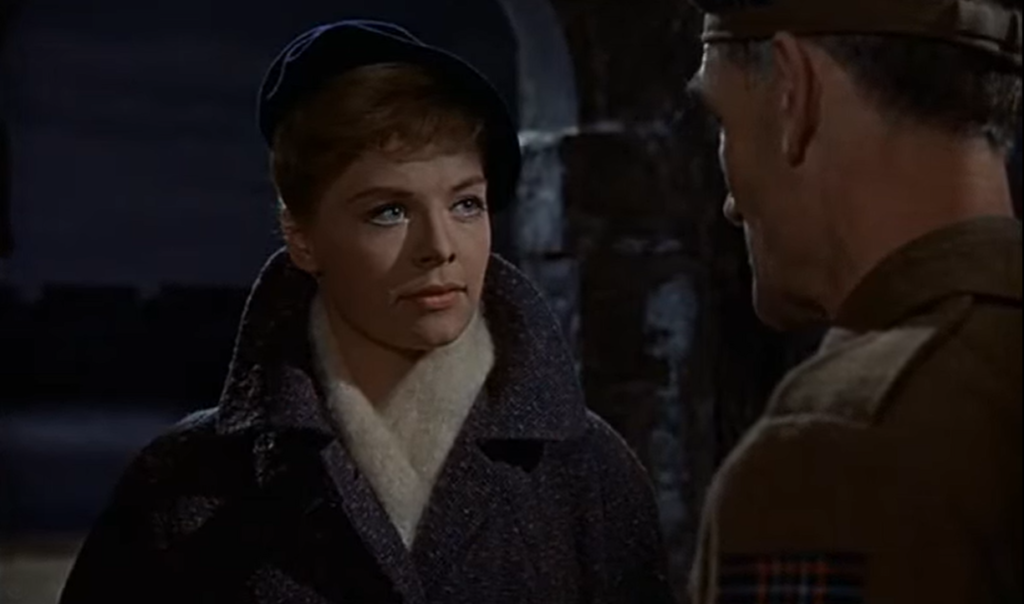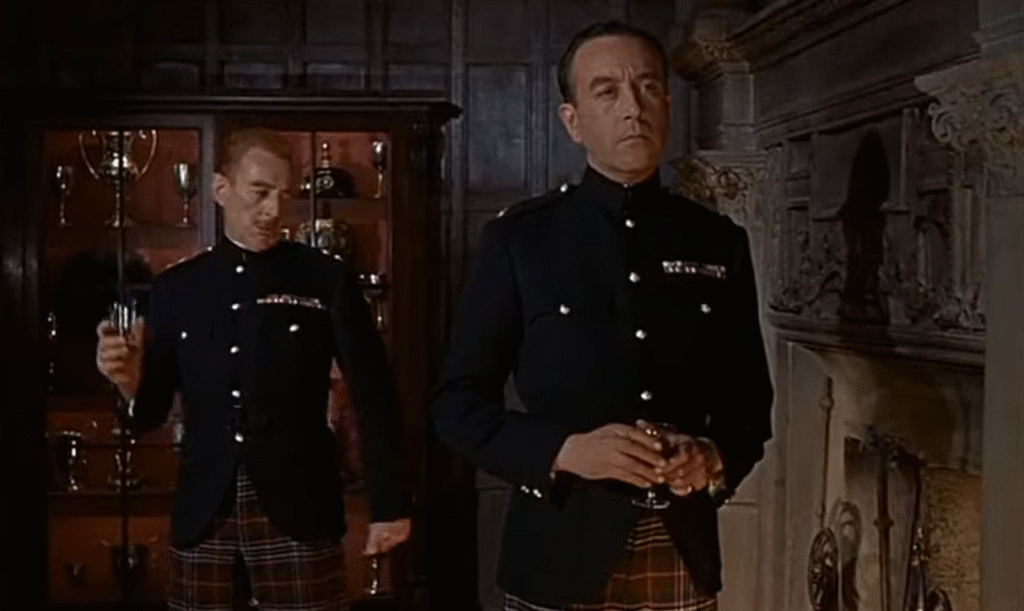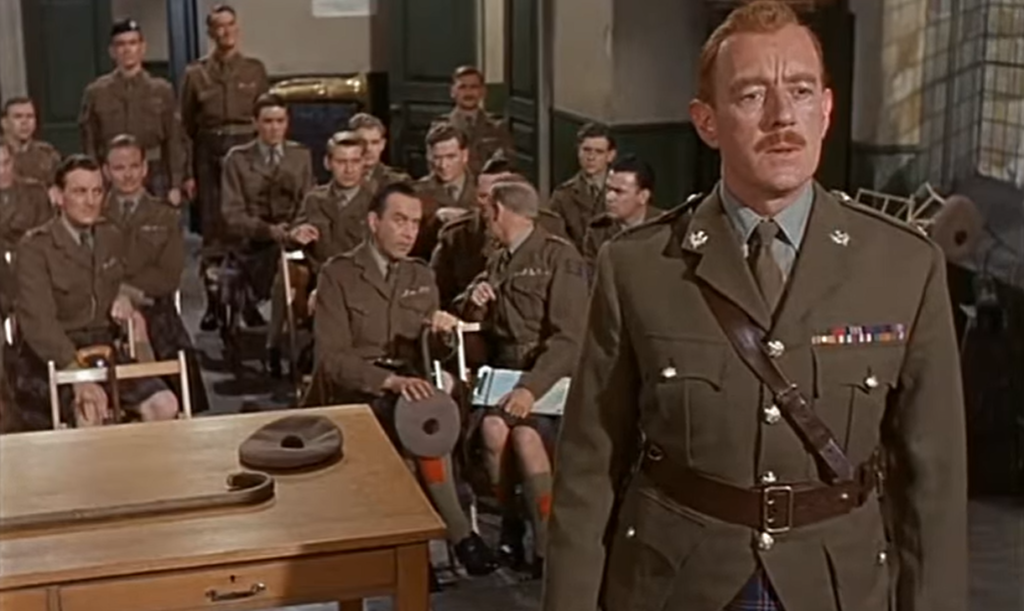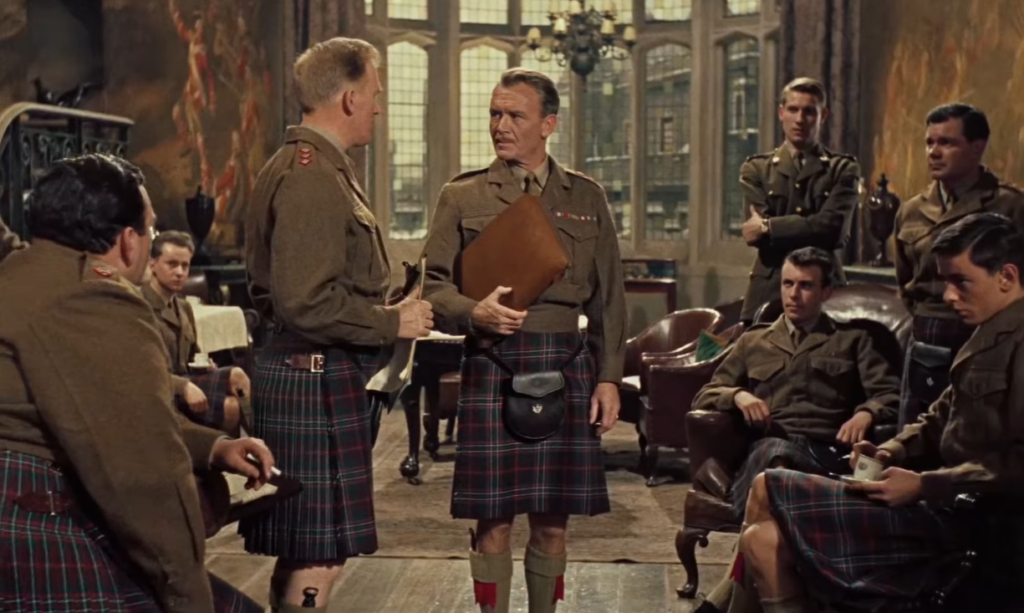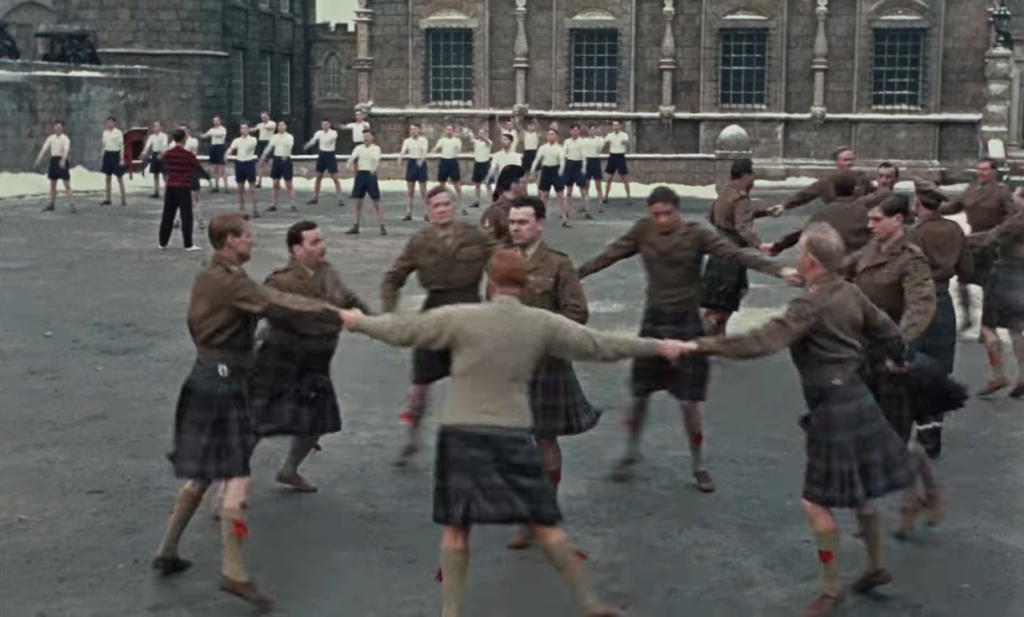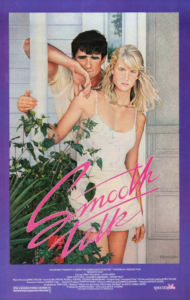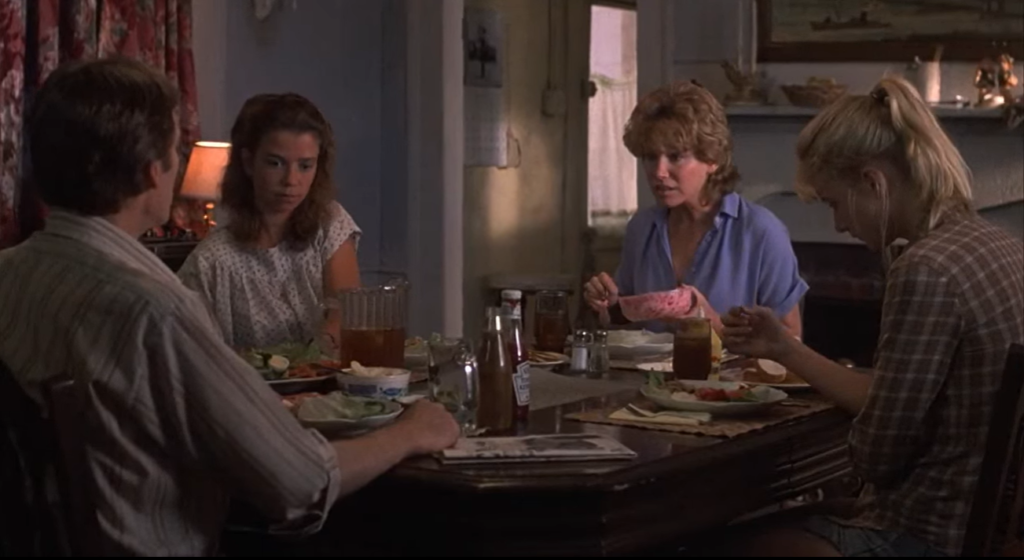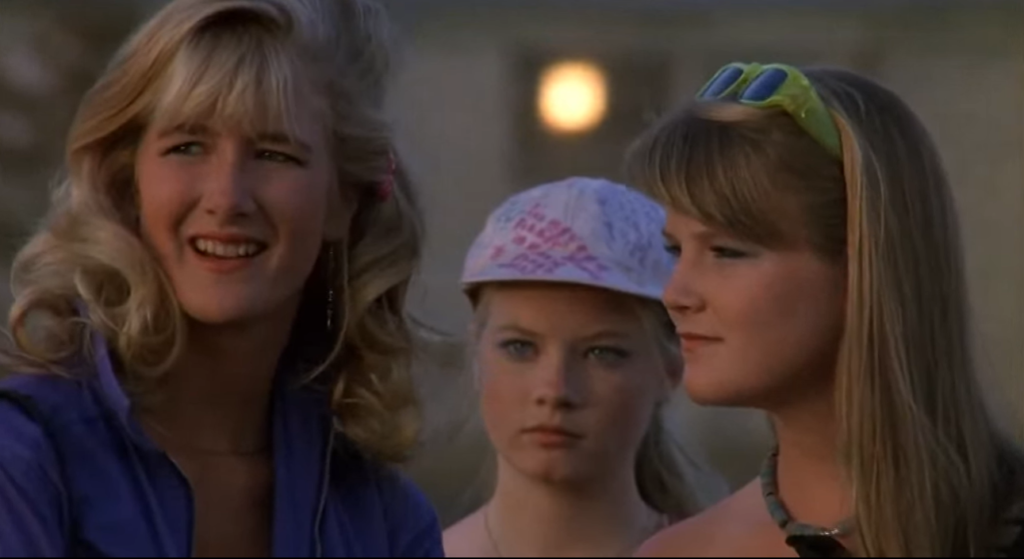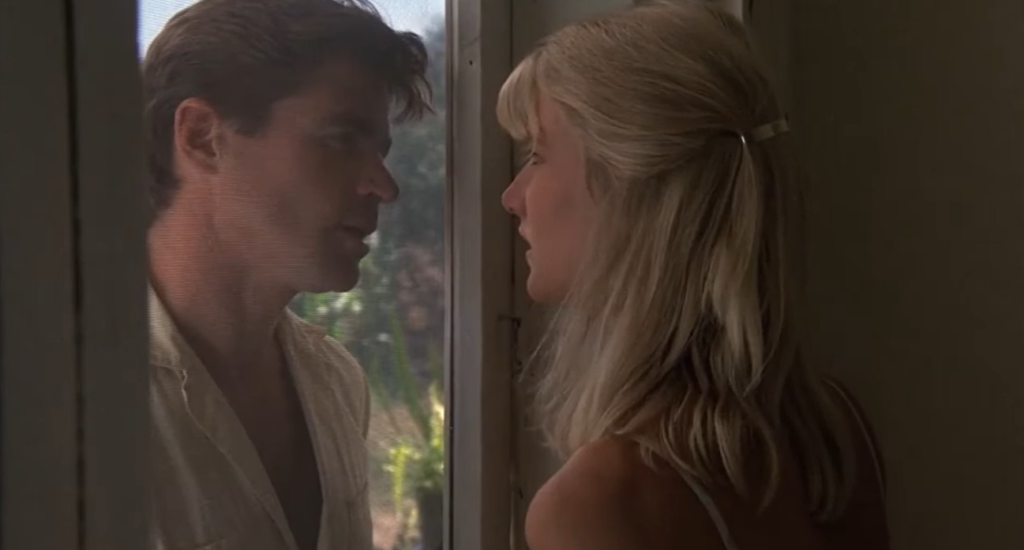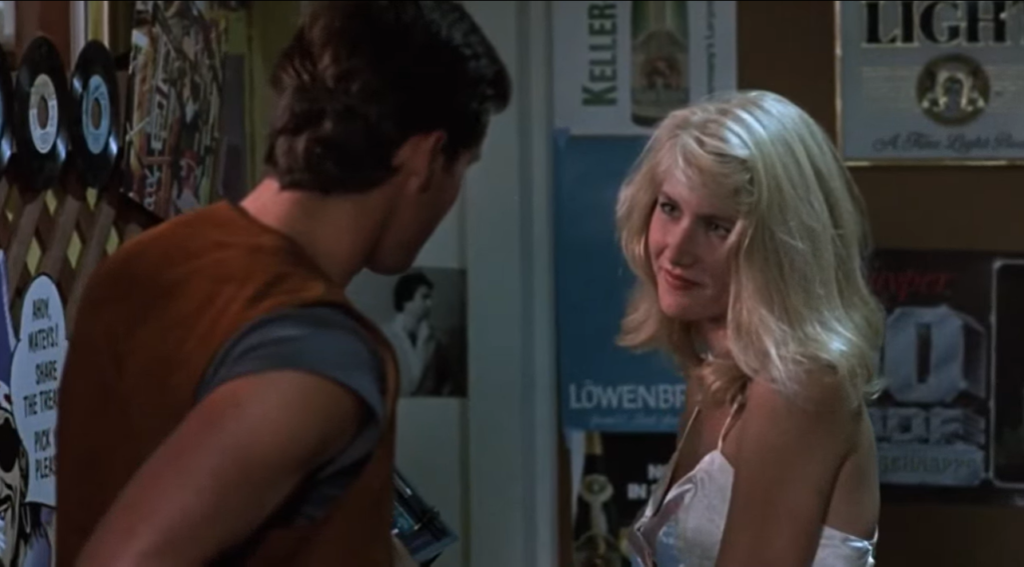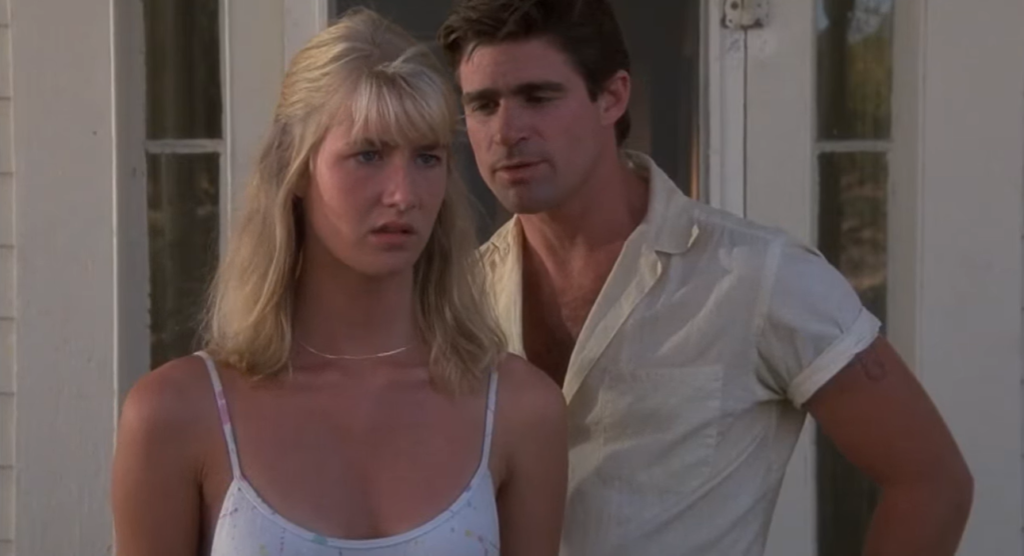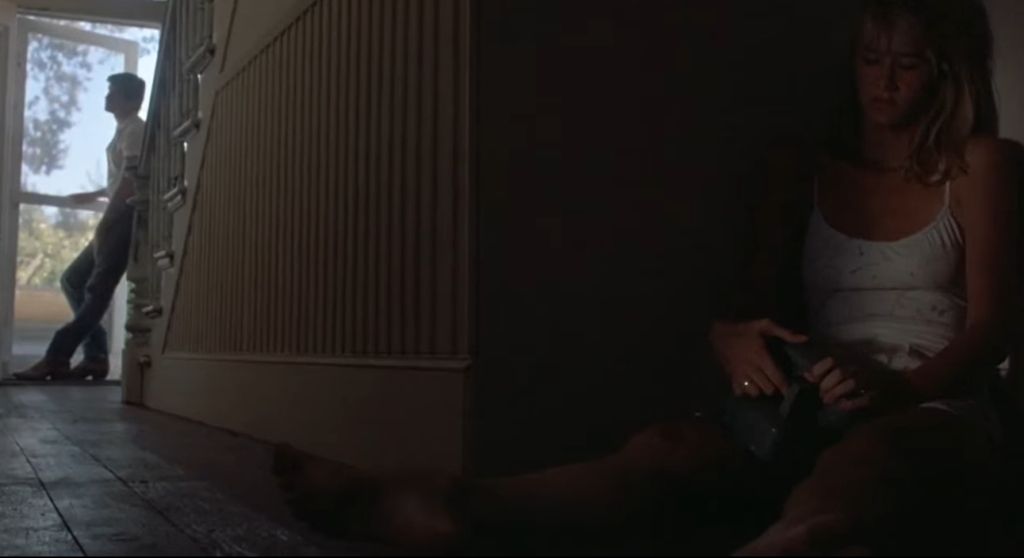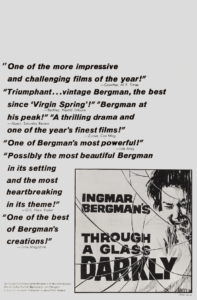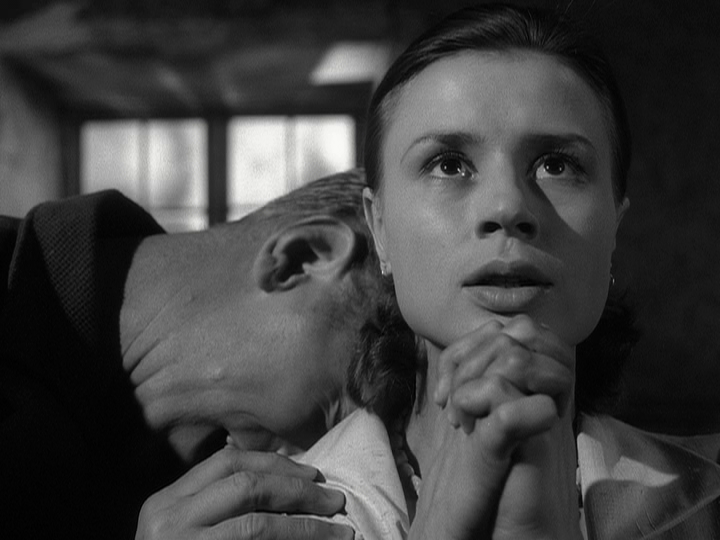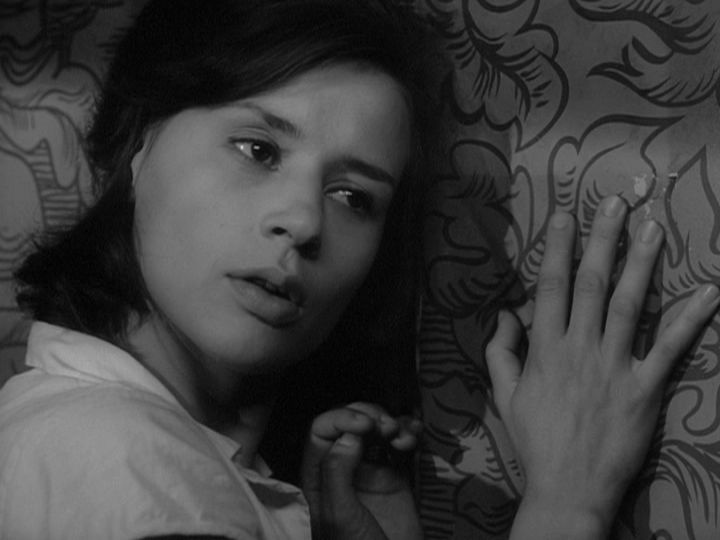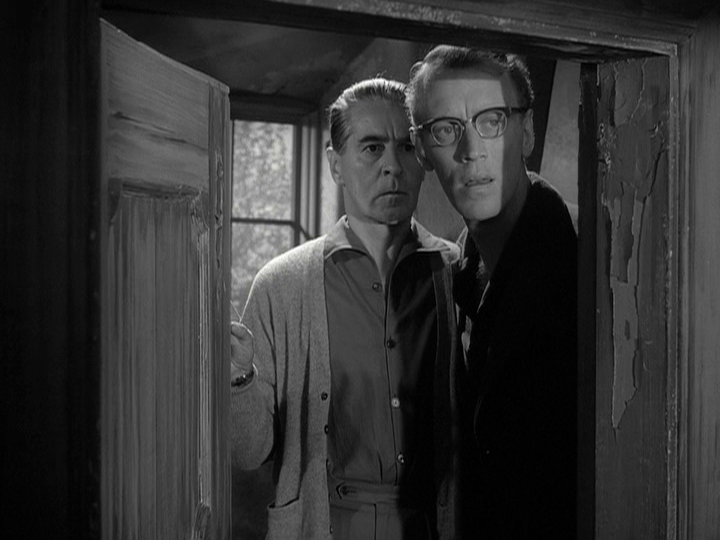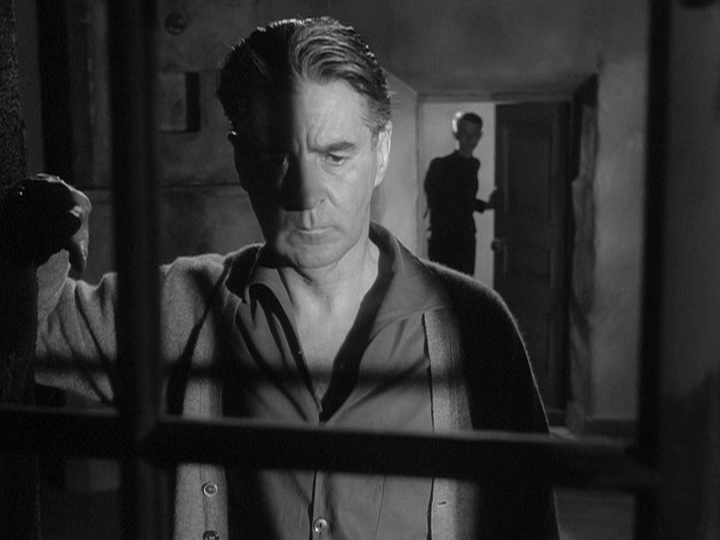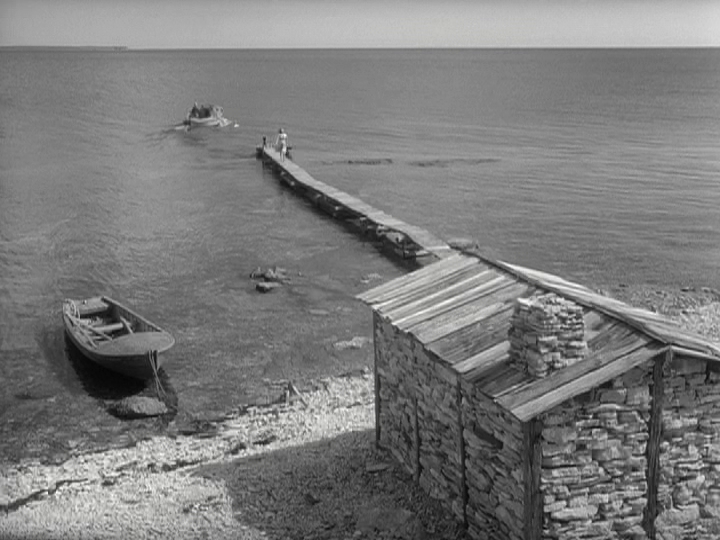Lawrence of Arabia (1962)
“The English have a great hunger for desolate places; I fear they hunger for Arabia.”
|
Synopsis: |
|
Genres, Themes, Actors, and Directors:
Review: Indeed, O’Toole’s vibrant conception of T.E. Lawrence so thoroughly grounds the film that it’s difficult to imagine anyone else in the role (though both Marlon Brando and Albert Finney were seriously considered). We see Lawrence evolving throughout the film, from an inexperienced would-be explorer (in real life, Lawrence had already done a walking tour across the Negev Desert) to someone radically shaping the course of history in the Middle East. Lawrence’s fearless sense of right-versus-wrong serves him well when first meeting Sharif, who has the choice to kill him immediately, but doesn’t. Their odd-couple friendship remains a powerful throughline in the film, underscoring the screenplay’s mild but clear homoerotic undertones — which are brought to a much more sinister level when Lawrence is held captive by Jose Ferrer’s evil Turkish Bey. An equally prominent theme — one that disturbed many who knew the real Lawrence and other figures portrayed in the movie — is Lawrence’s growing discomfort with his own sadistic impulses. However, this is actually handled remarkably well in terms of showing us a man who recognizes the glee he takes in violence, yet feels an appropriate level of shame. How often do we see that portrayed on film? Not enough. Indeed, for a wartime adventure flick with plenty of heart-stopping moments — including Lawrence shooting a man (I.S. Johar) he just risked his life to rescue: … a train being blown up: … one of Lawrence’s assistants (John Dimech) drowning in quicksand (a truly horrifying sequence): … and a particularly bloody battle at Damascus: … this film provides plenty of opportunities to reflect on Lawrence’s character arc, particularly as he travels back and forth to England. It’s refreshing to see Egyptian movie star Sharif giving such a fine performance in his Hollywood debut as a fictionalized amalgam of various Arabs Lawrence befriended and worked with; meanwhile, well-played supporting roles (of both real-life and fictional figures) include Alec Guinness as Price Faisel (Guinness purportedly spent a couple of hours talking with Sharif, and gleaned an accent from him): … Anthony Quinn as Auda Abu Tayi: … and Arthur Kennedy as a fictional journalist named Jackson Bentley (based on Lowell Thomas). There are a lot of players in this film, and chances are most viewers won’t be familiar with the nuances of this particular historical milieu — so don’t be embarrassed to pause and go read FilmSite’s detailed overview of the movie if you ever feel lost; I’ll confess to doing this. And be forewarned that as much as Lawrence was a champion for Arab independence, he inevitably comes across as a sort of white savior; this is very much a film made from a western perspective to glorify a British folk hero. Note: There isn’t a single speaking part for a woman in this entire ~4 hour film; it couldn’t even take the Bechdel Test, let alone flunk it. Notable Performances, Qualities, and Moments:
Must See? Categories
(Listed in 1001 Movies You Must See Before You Die) Links: |
